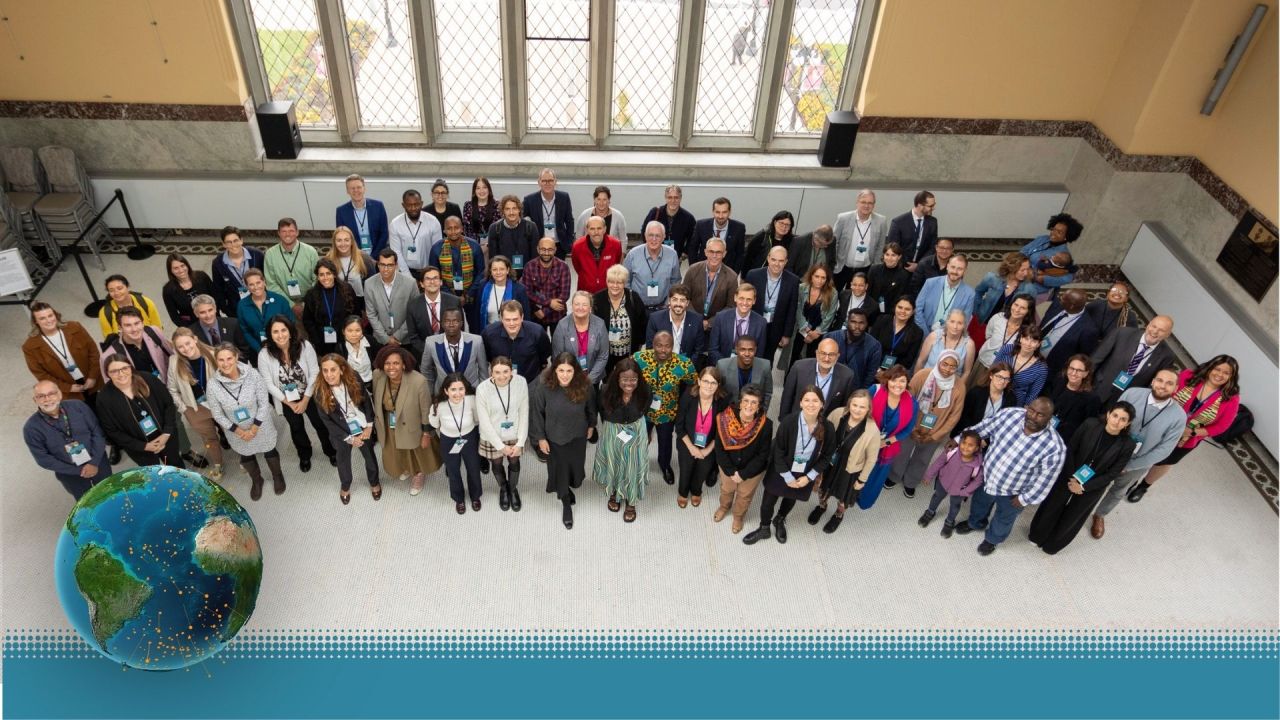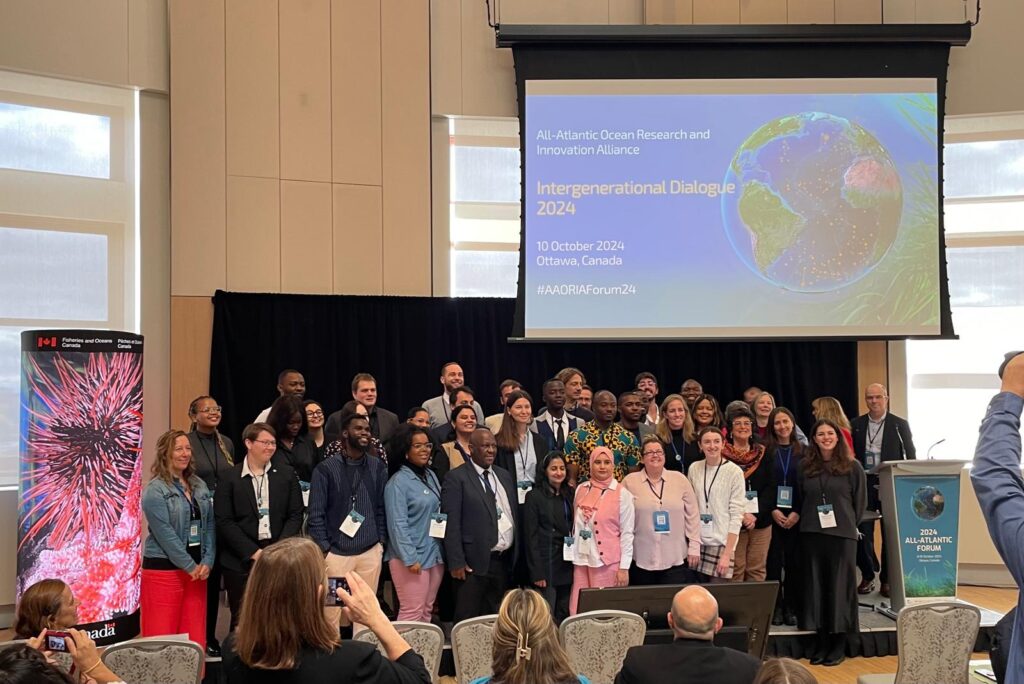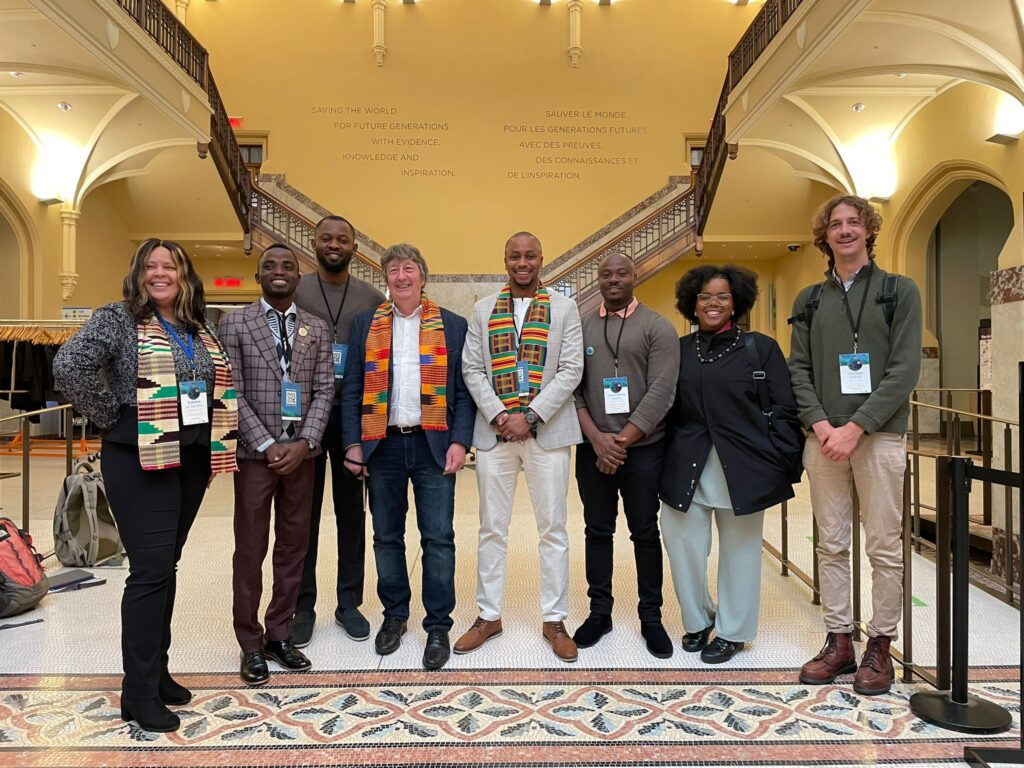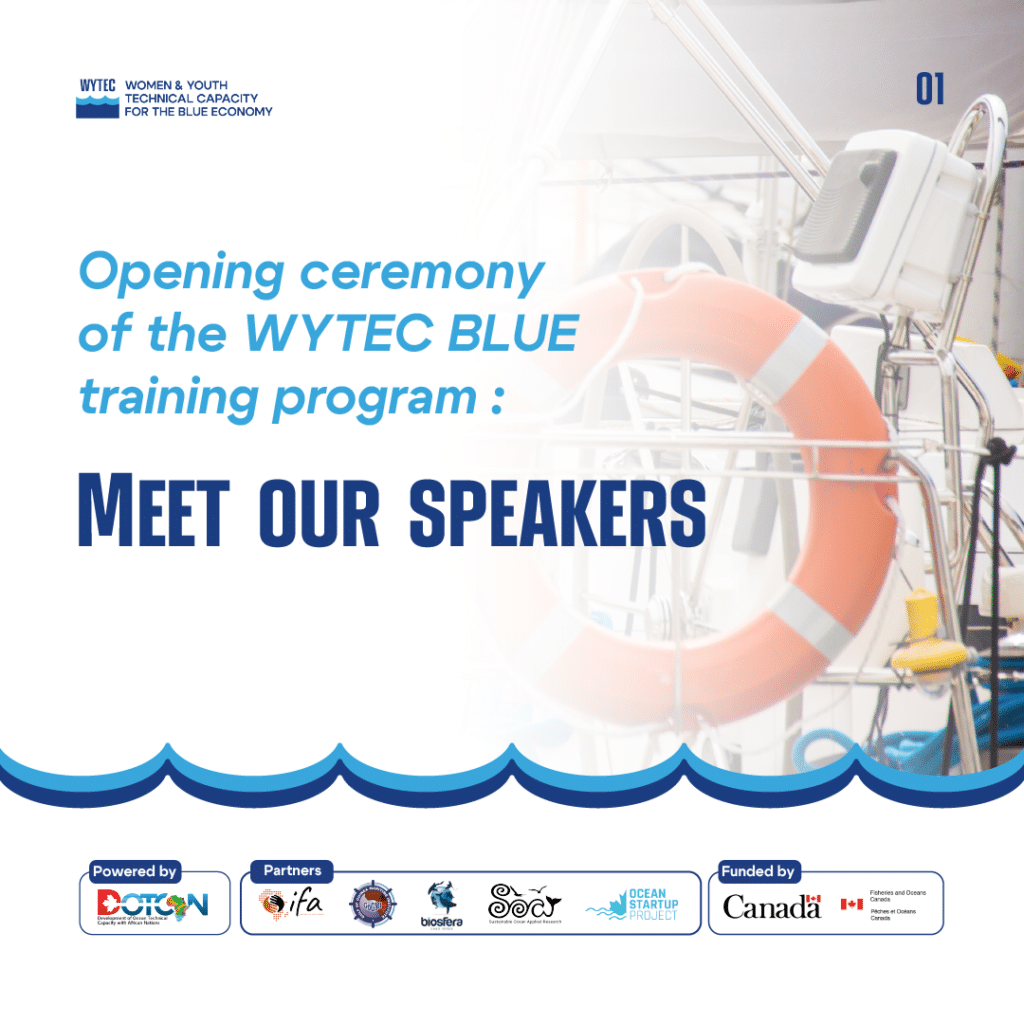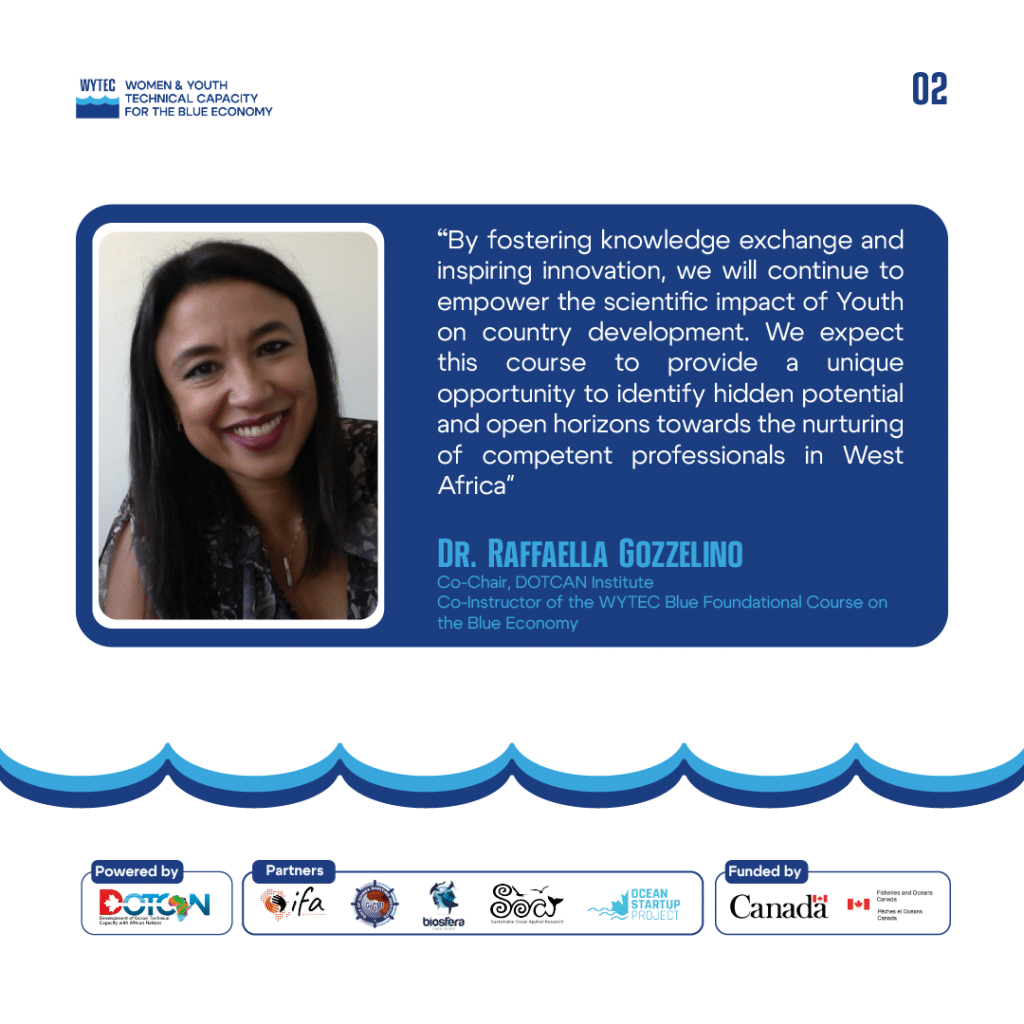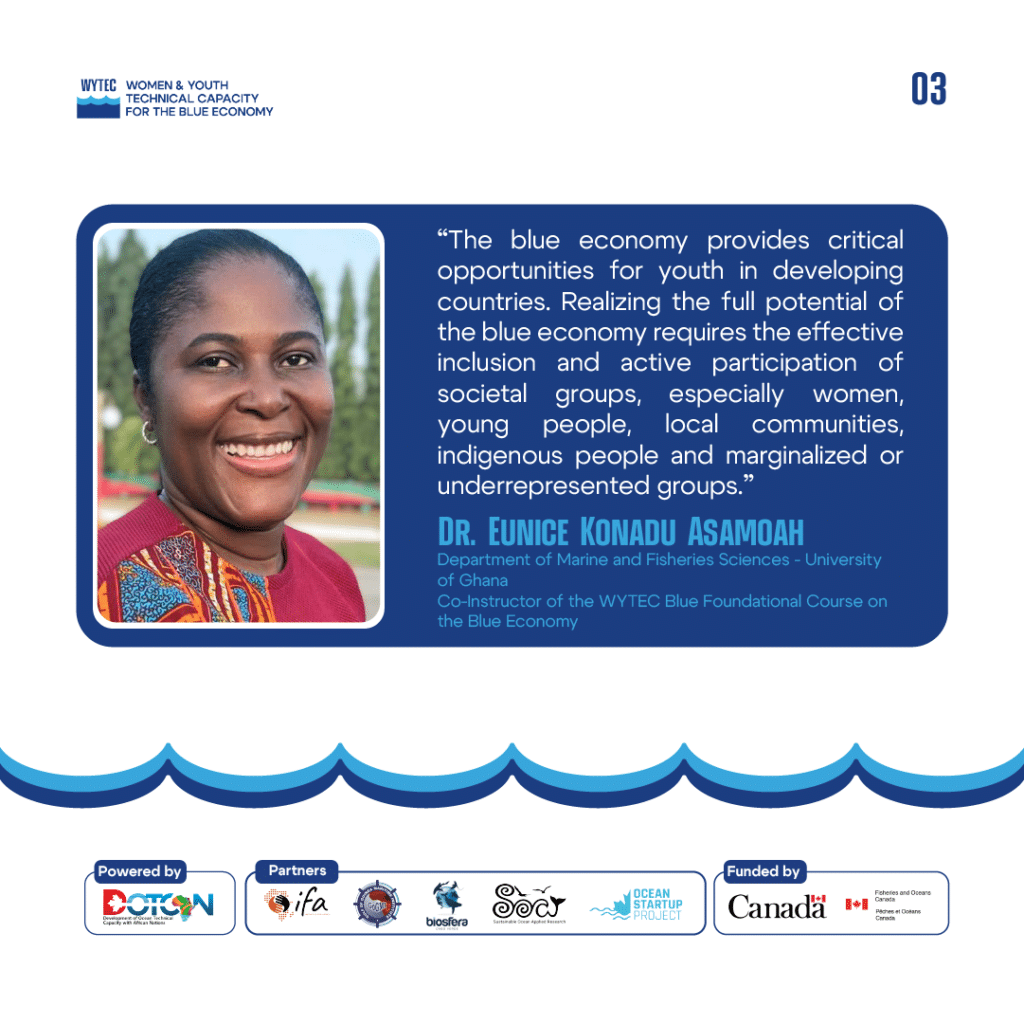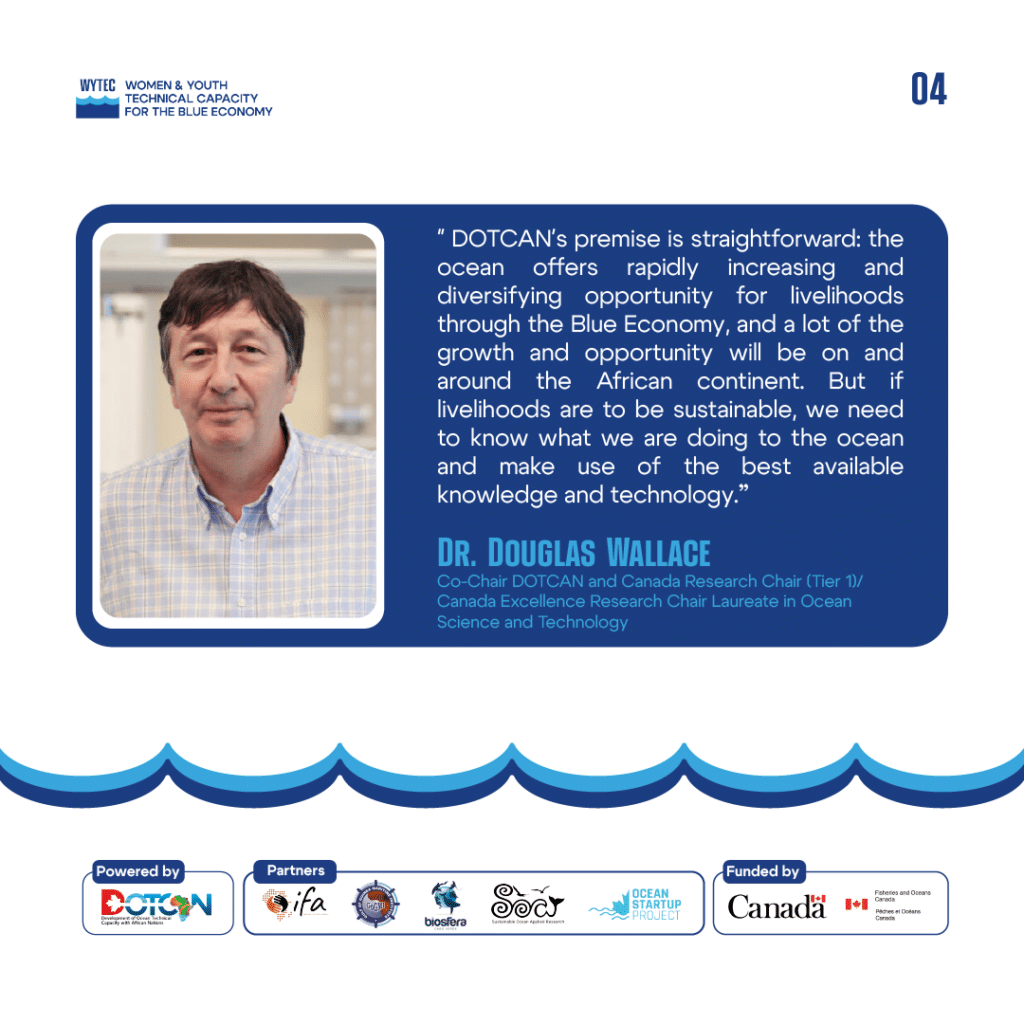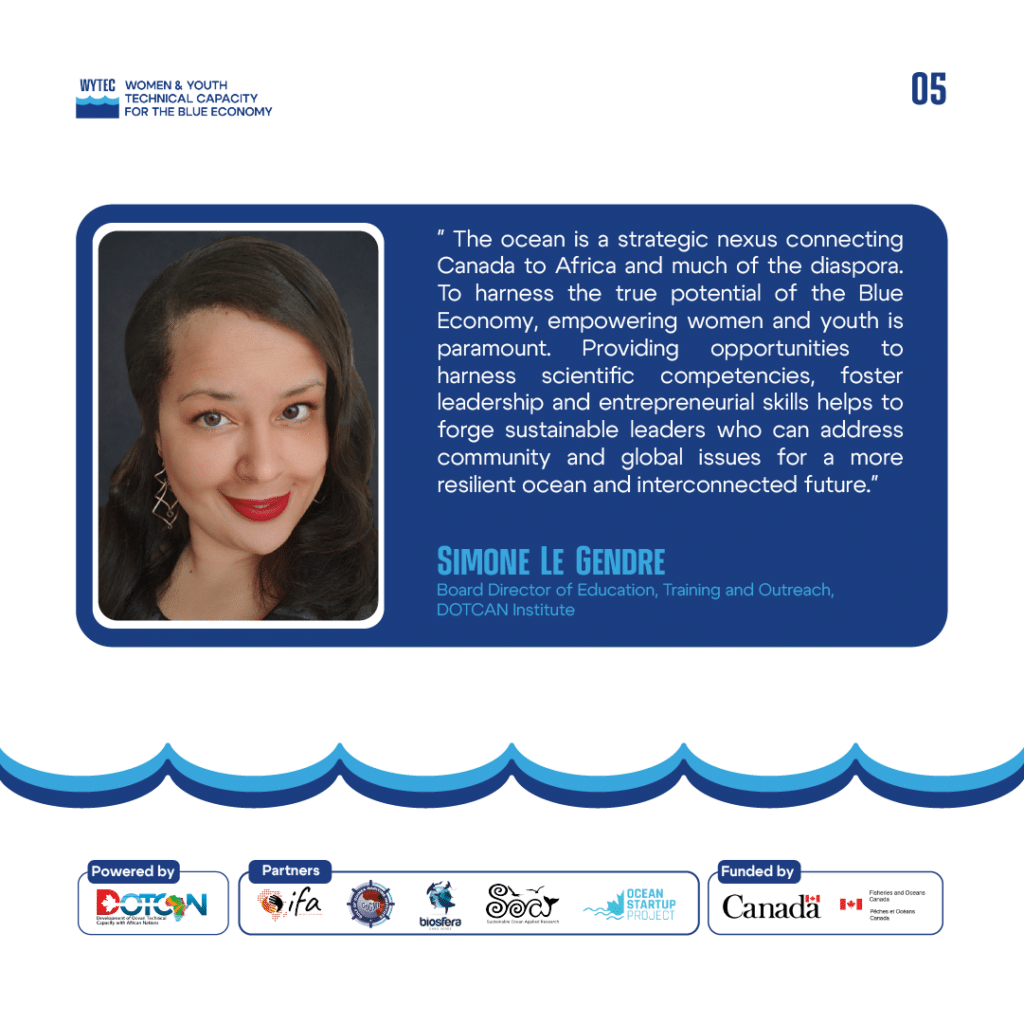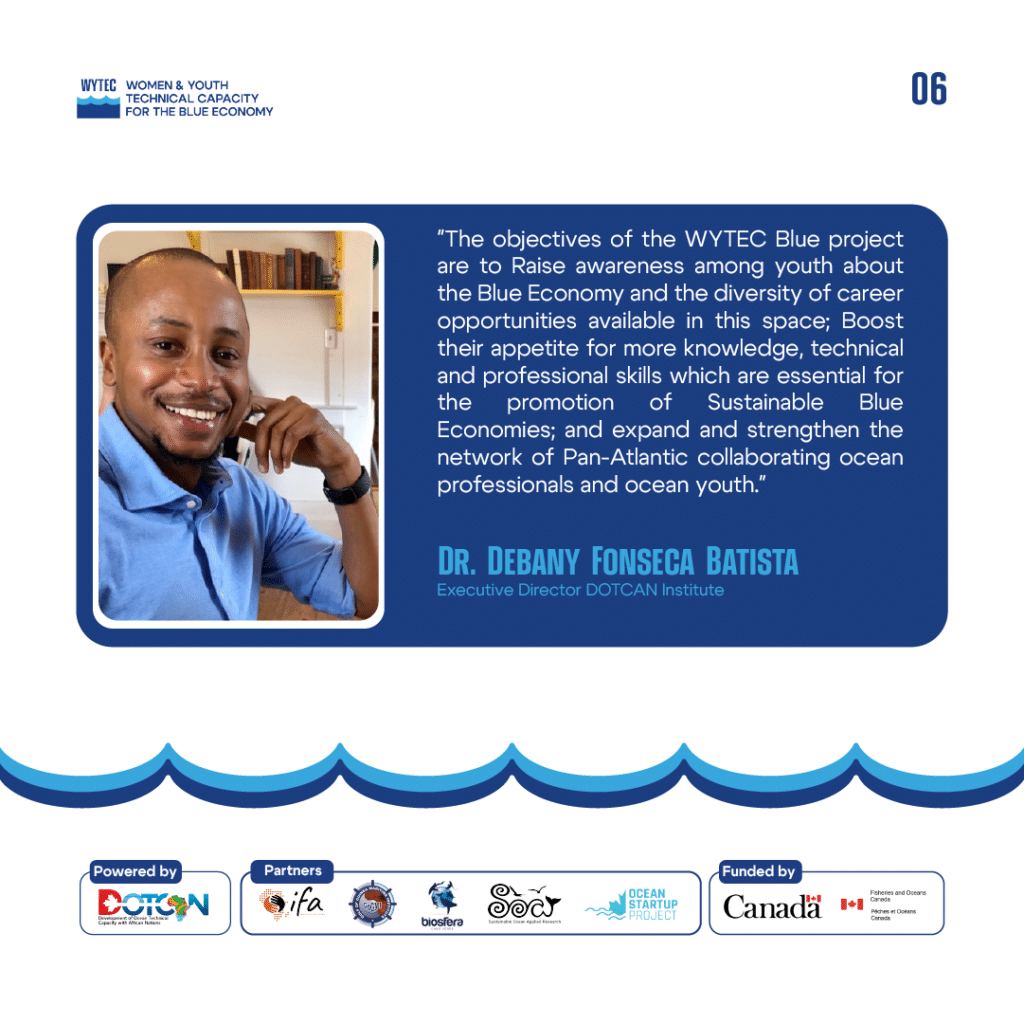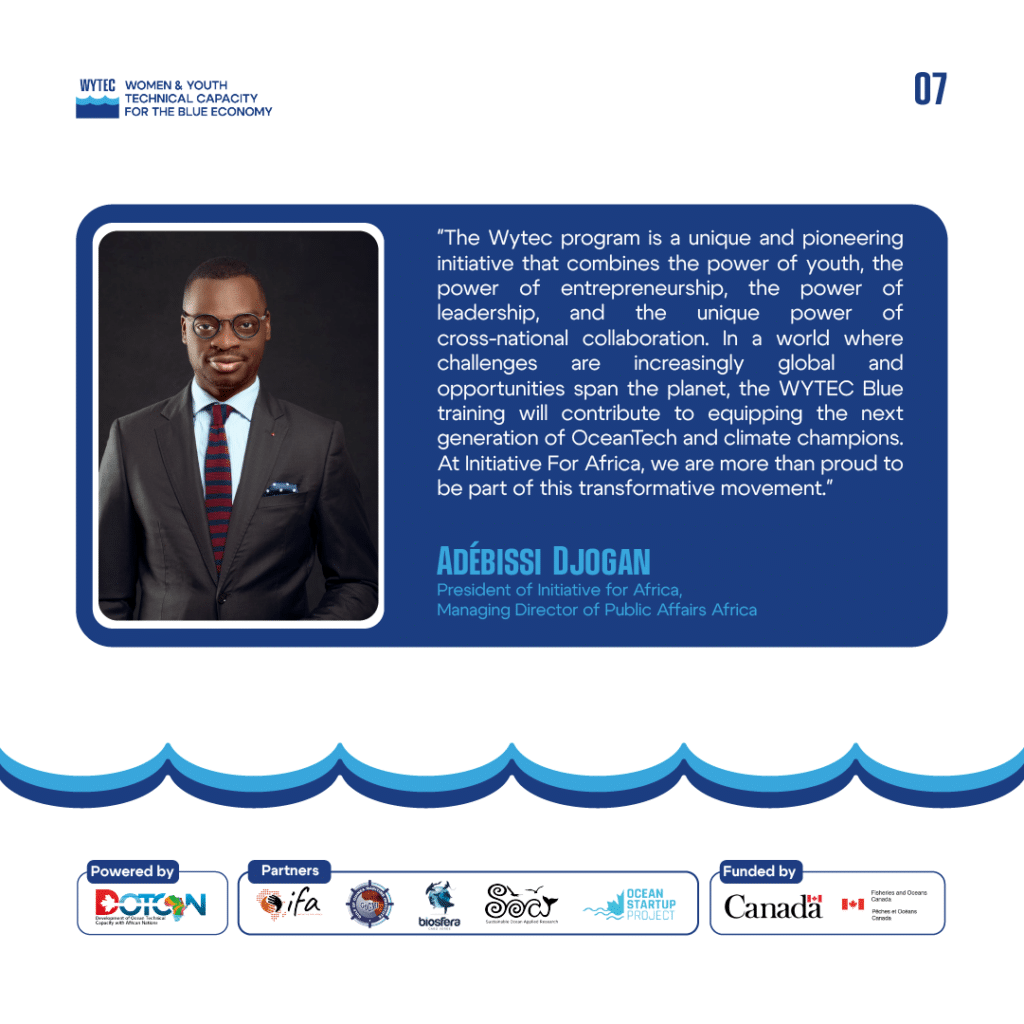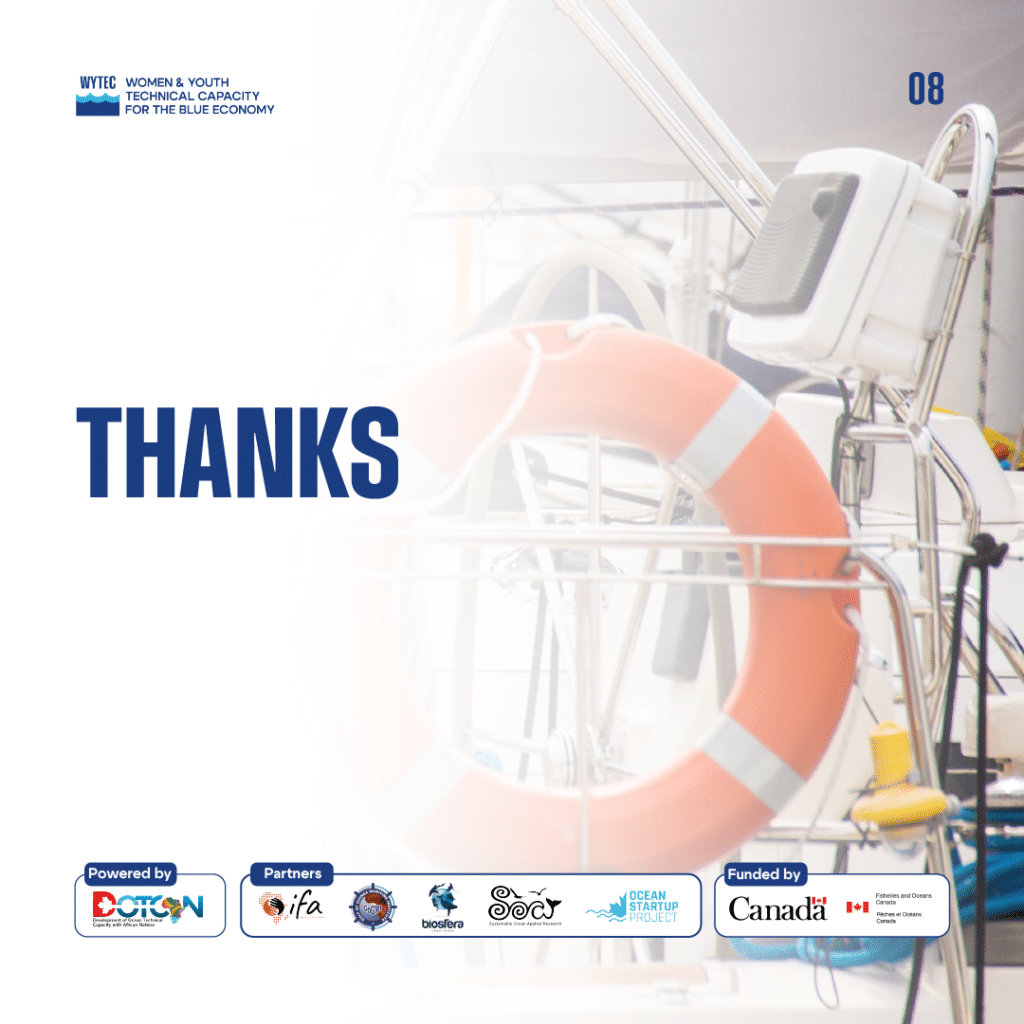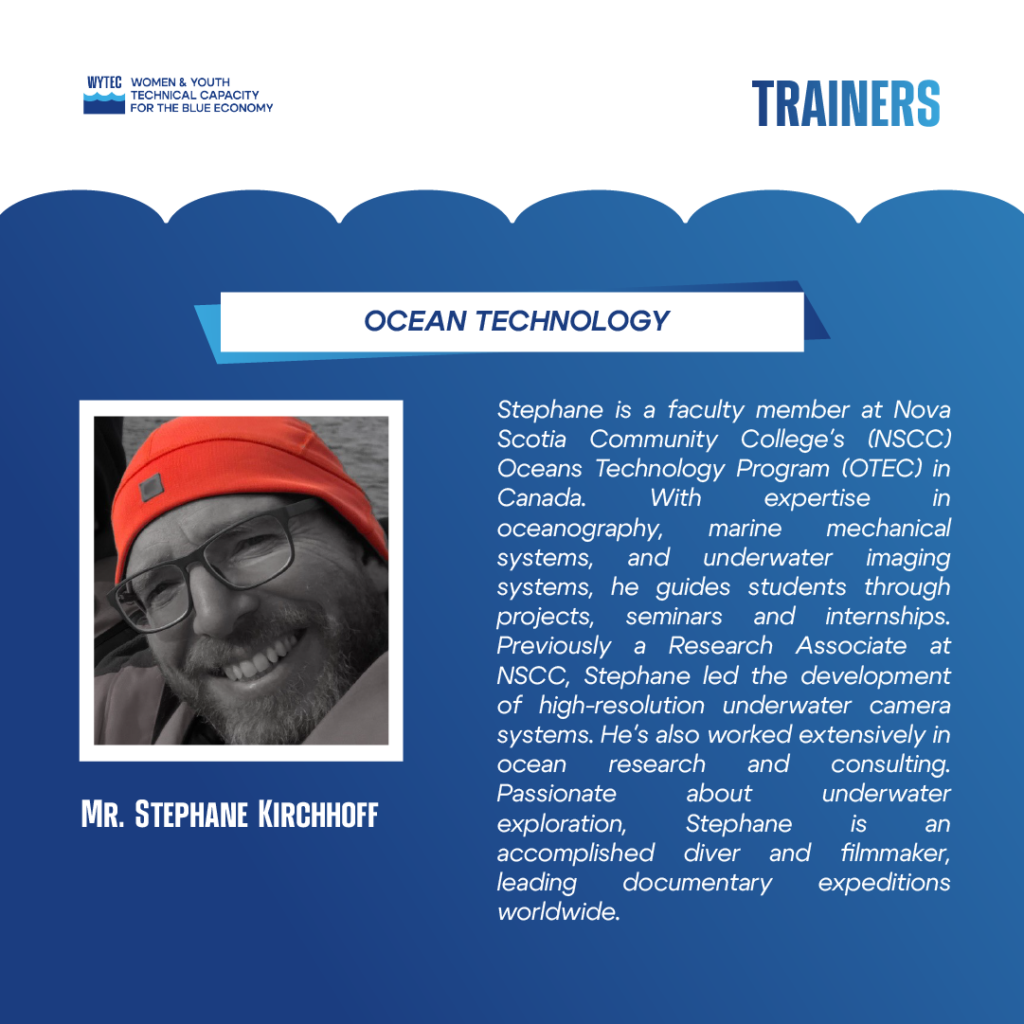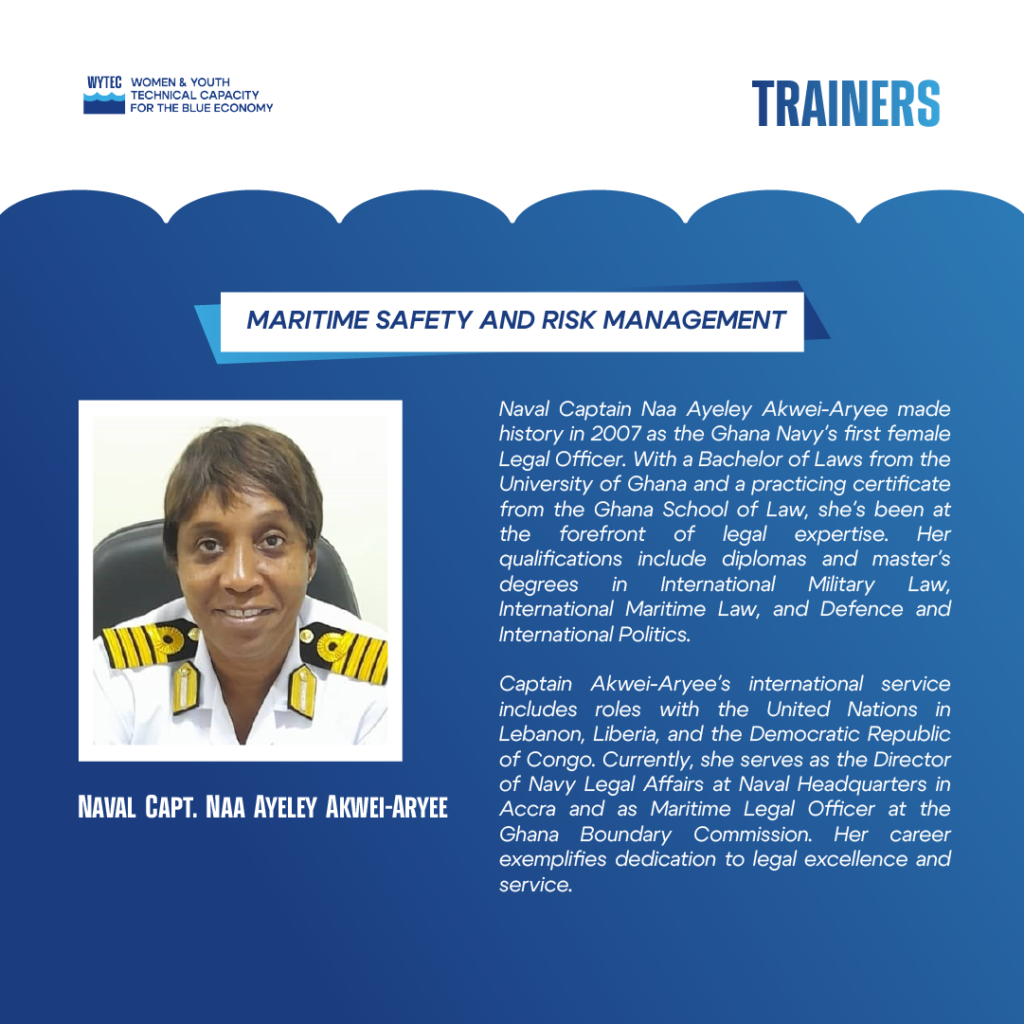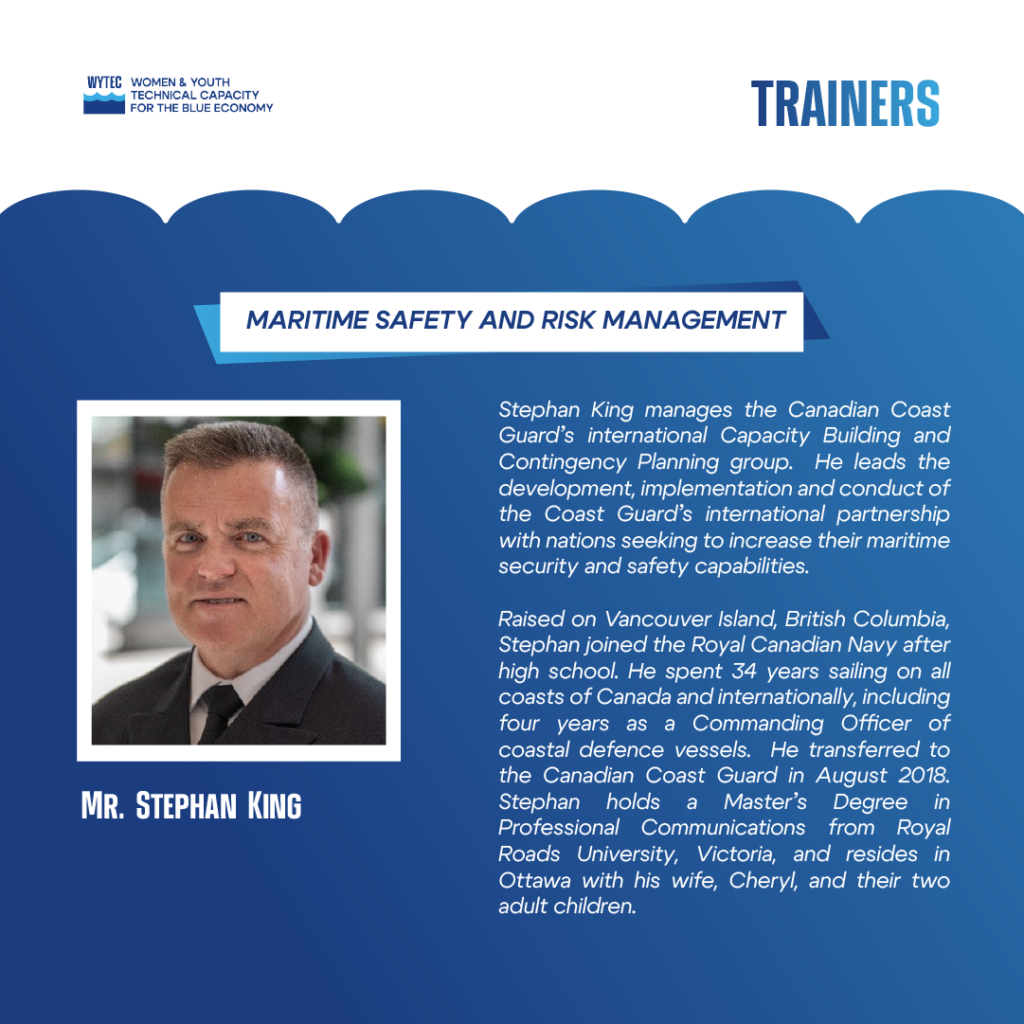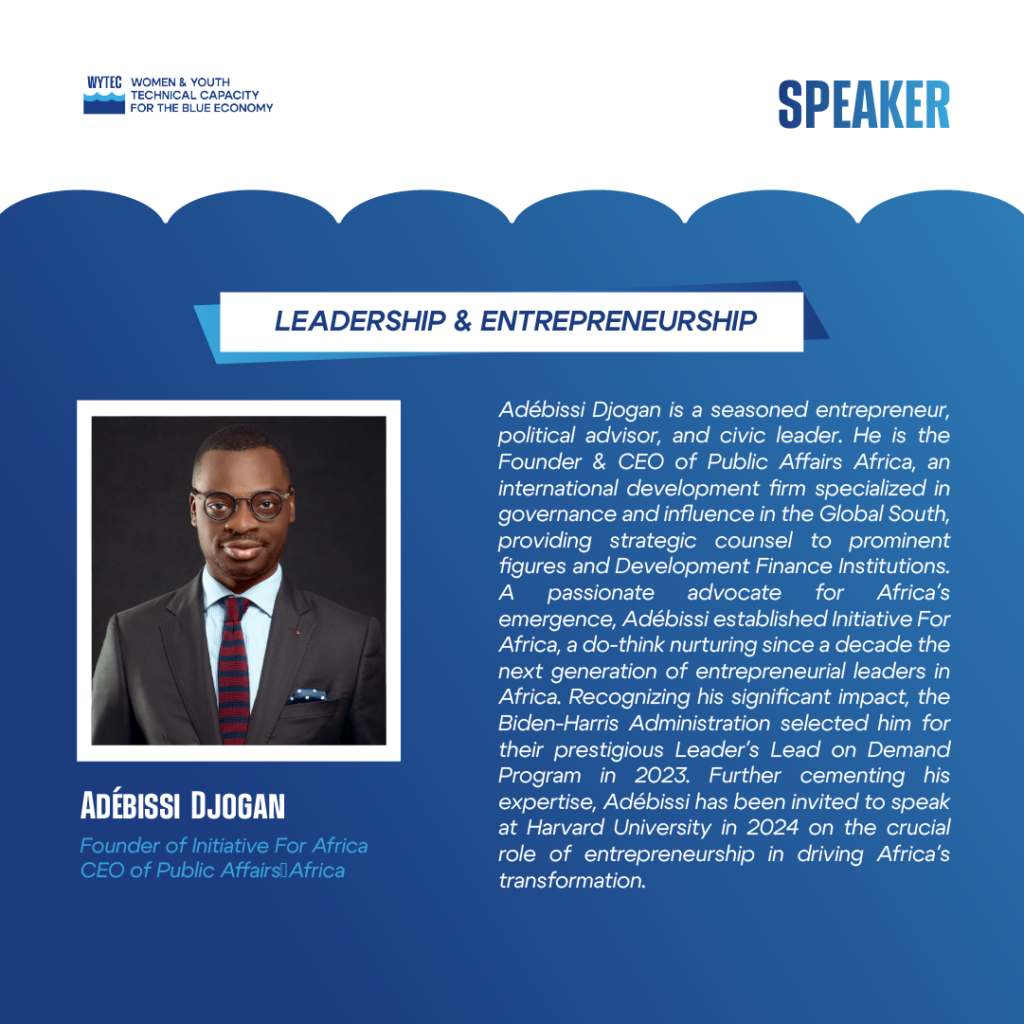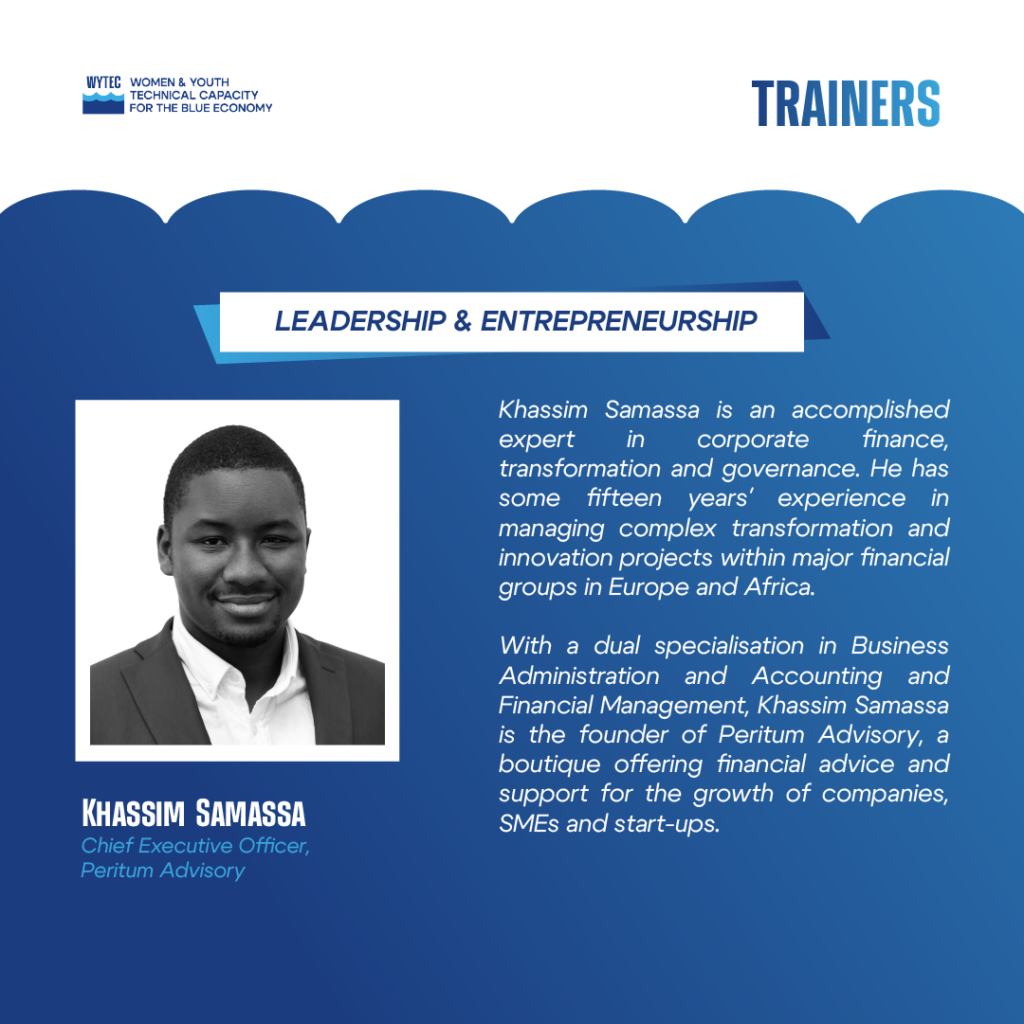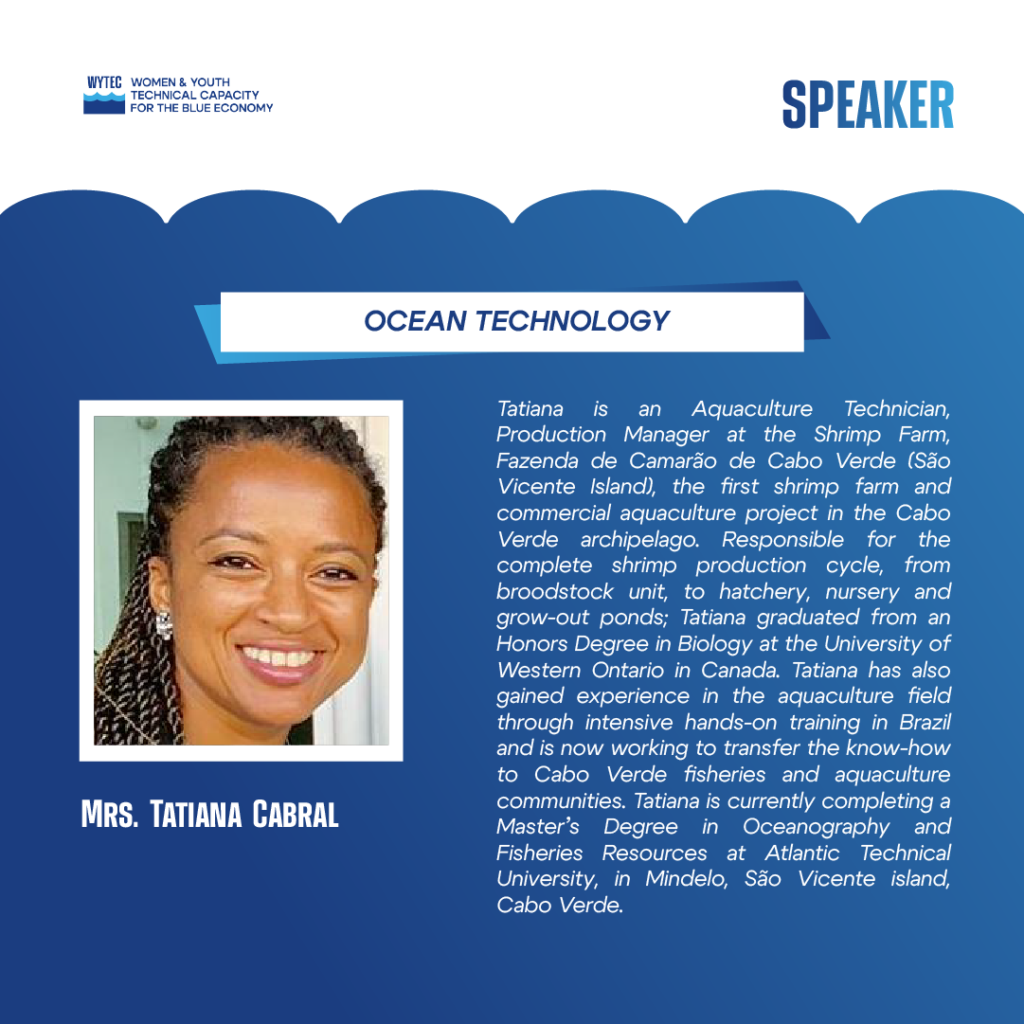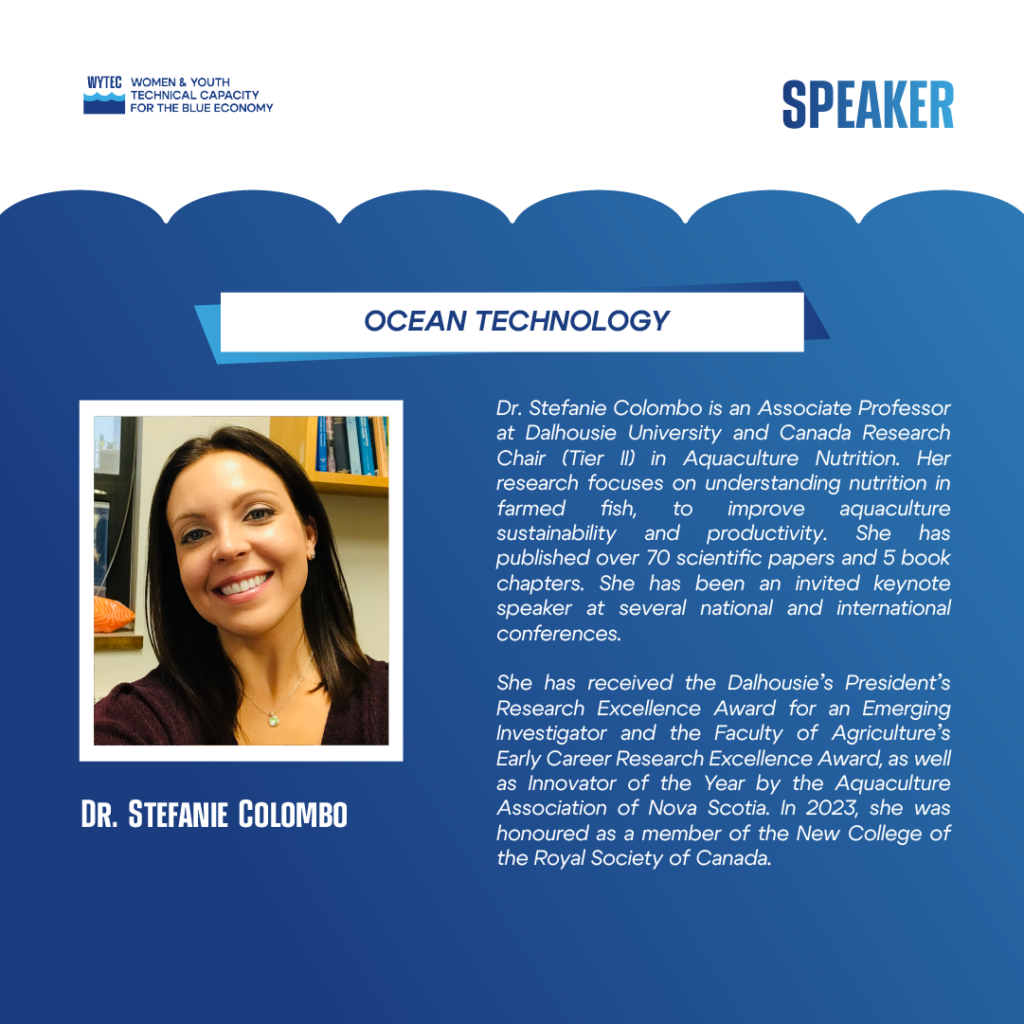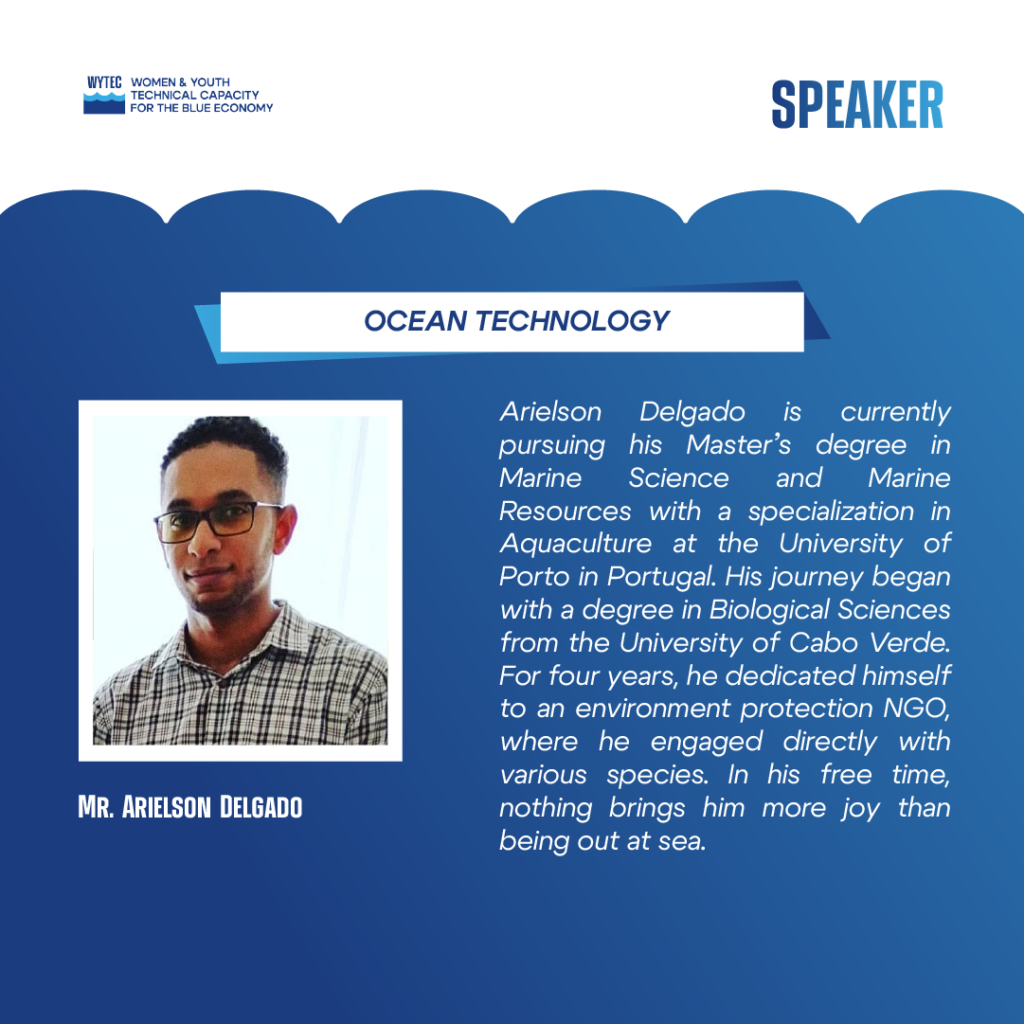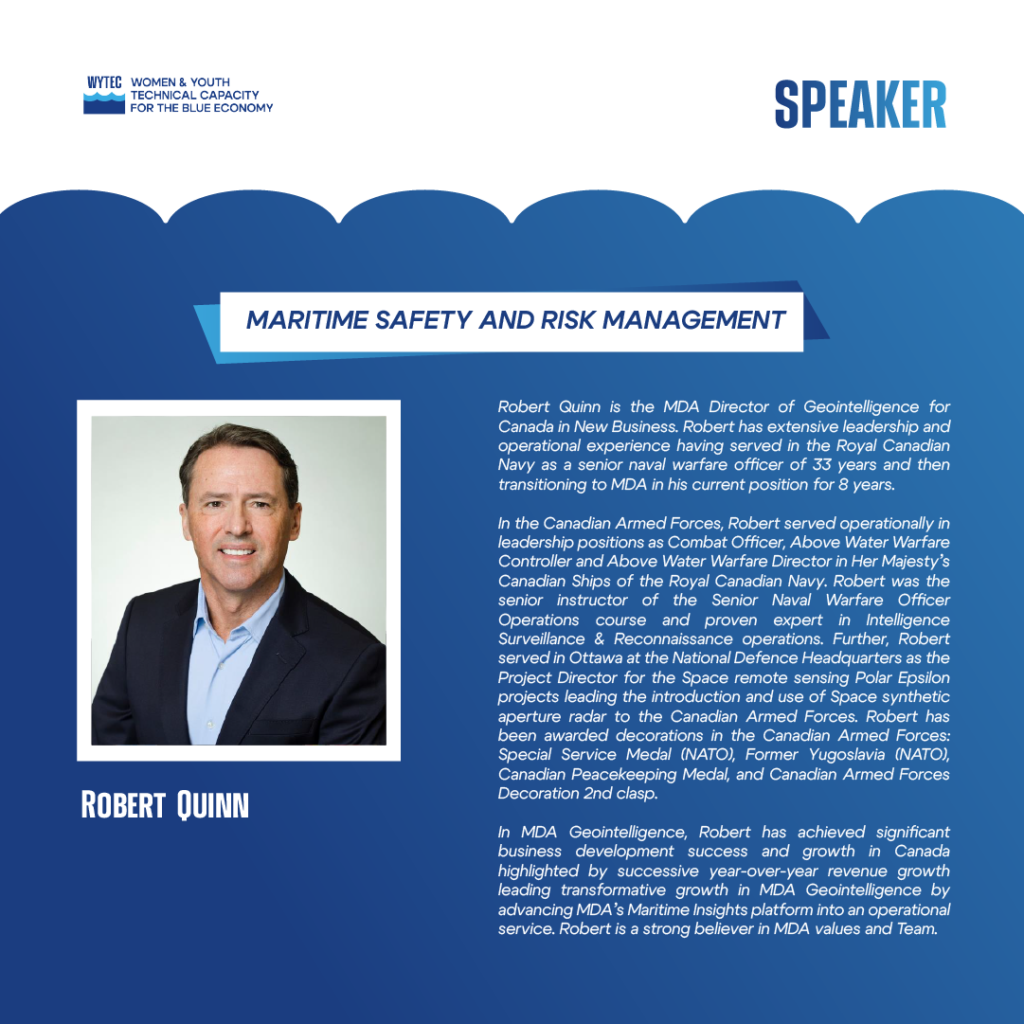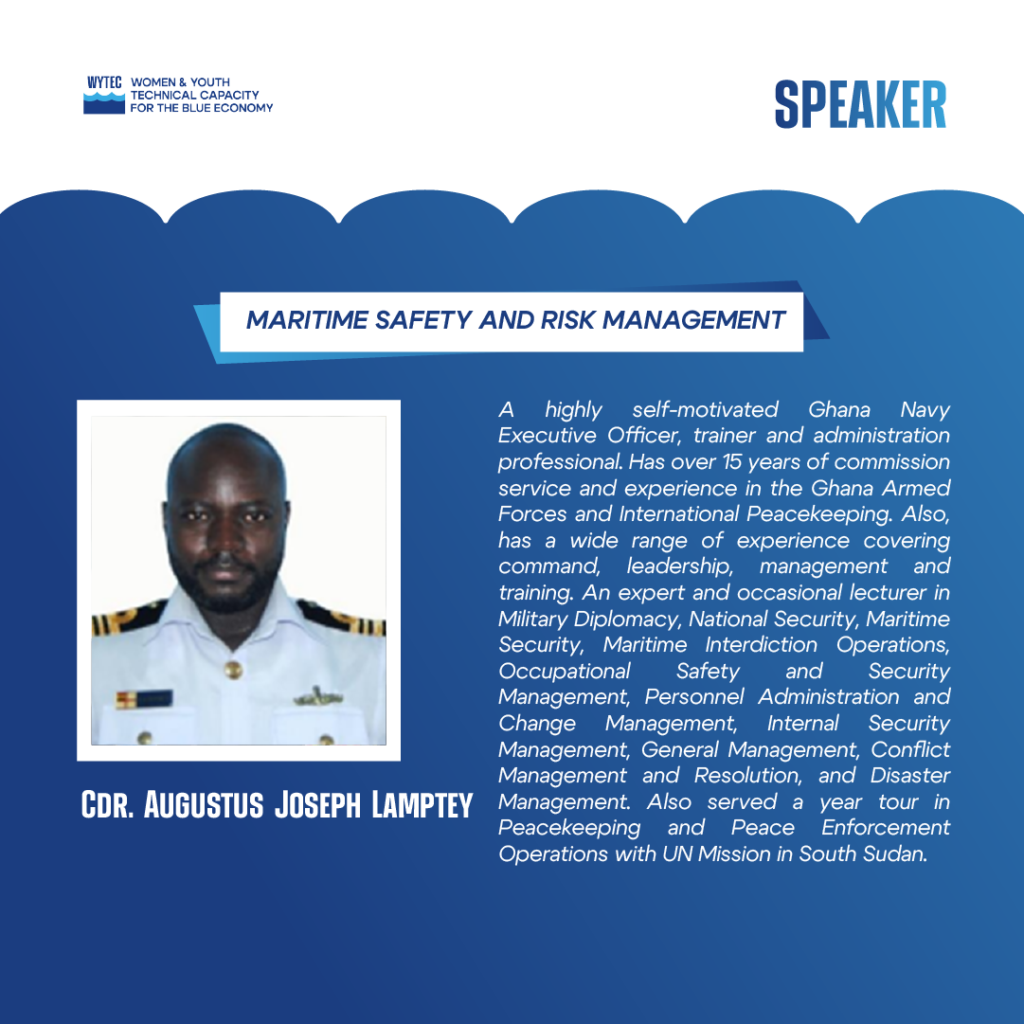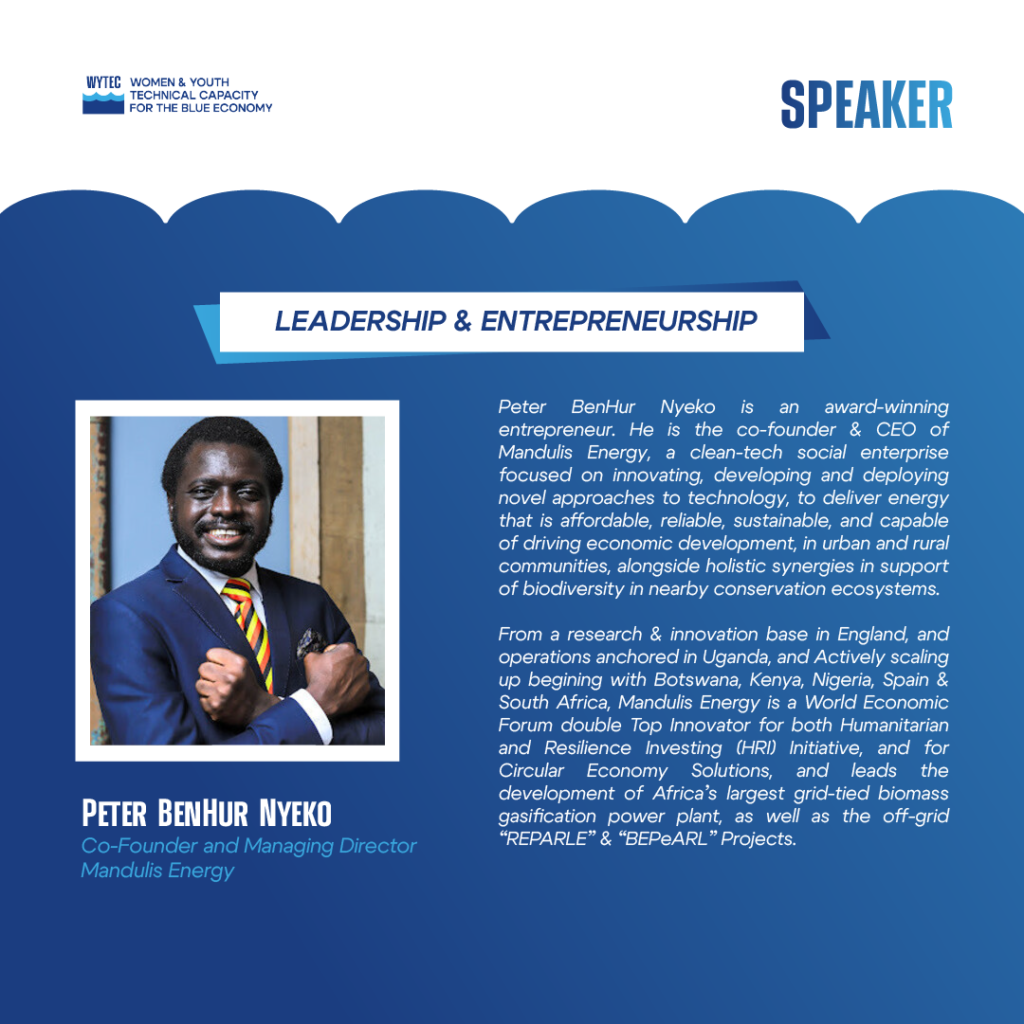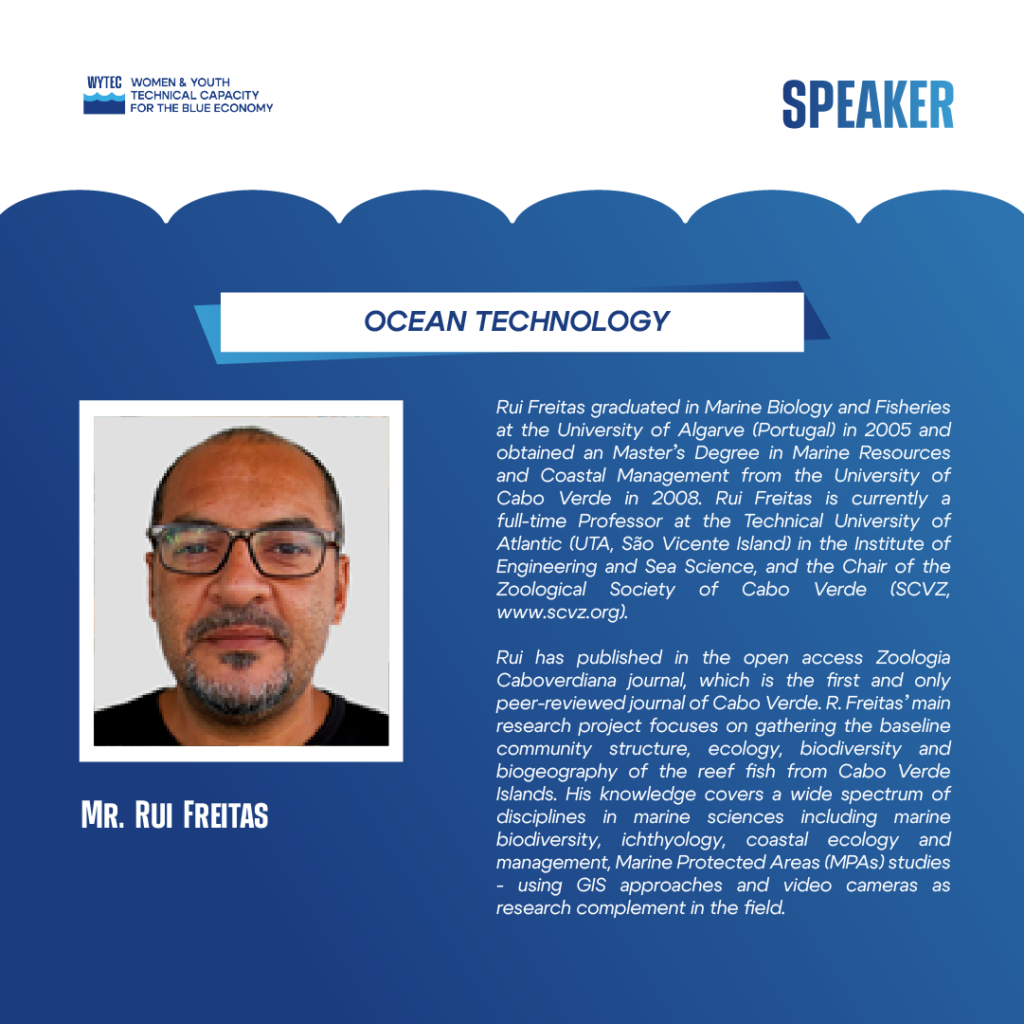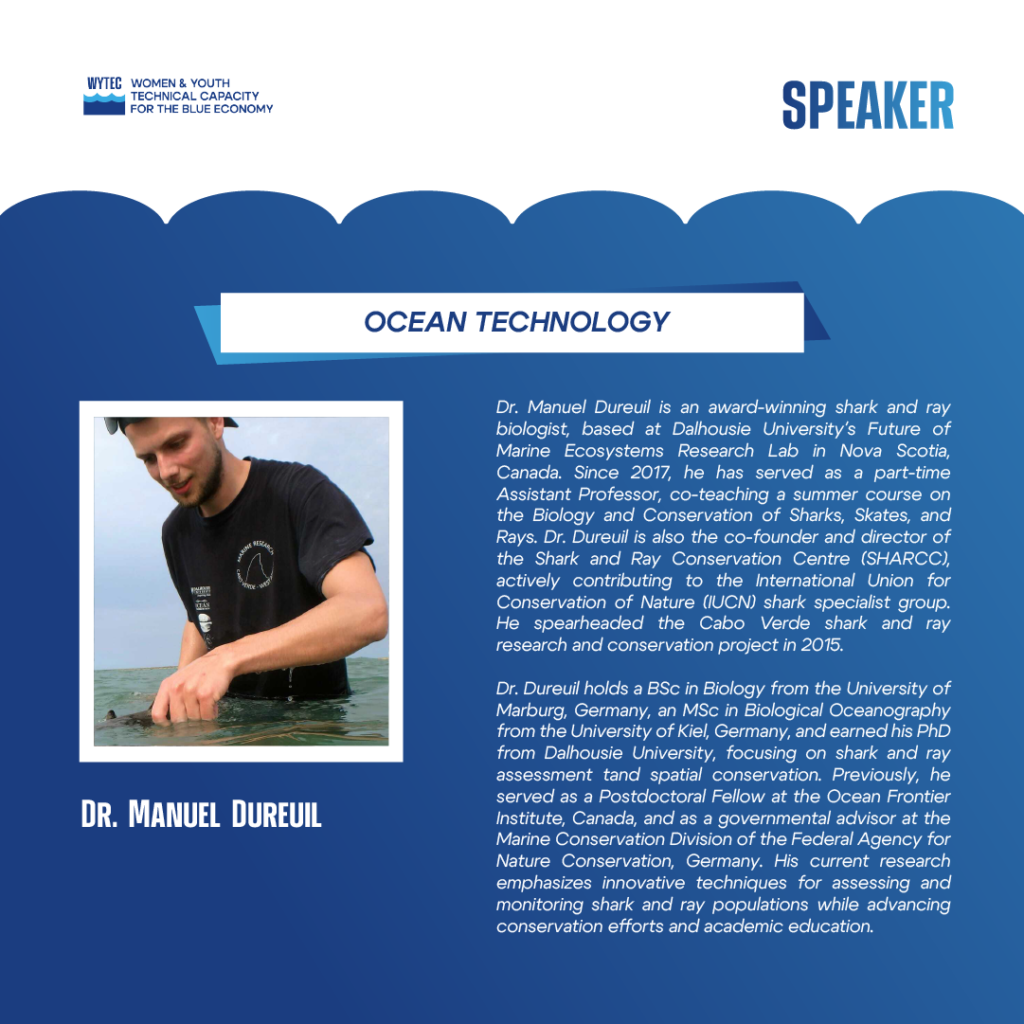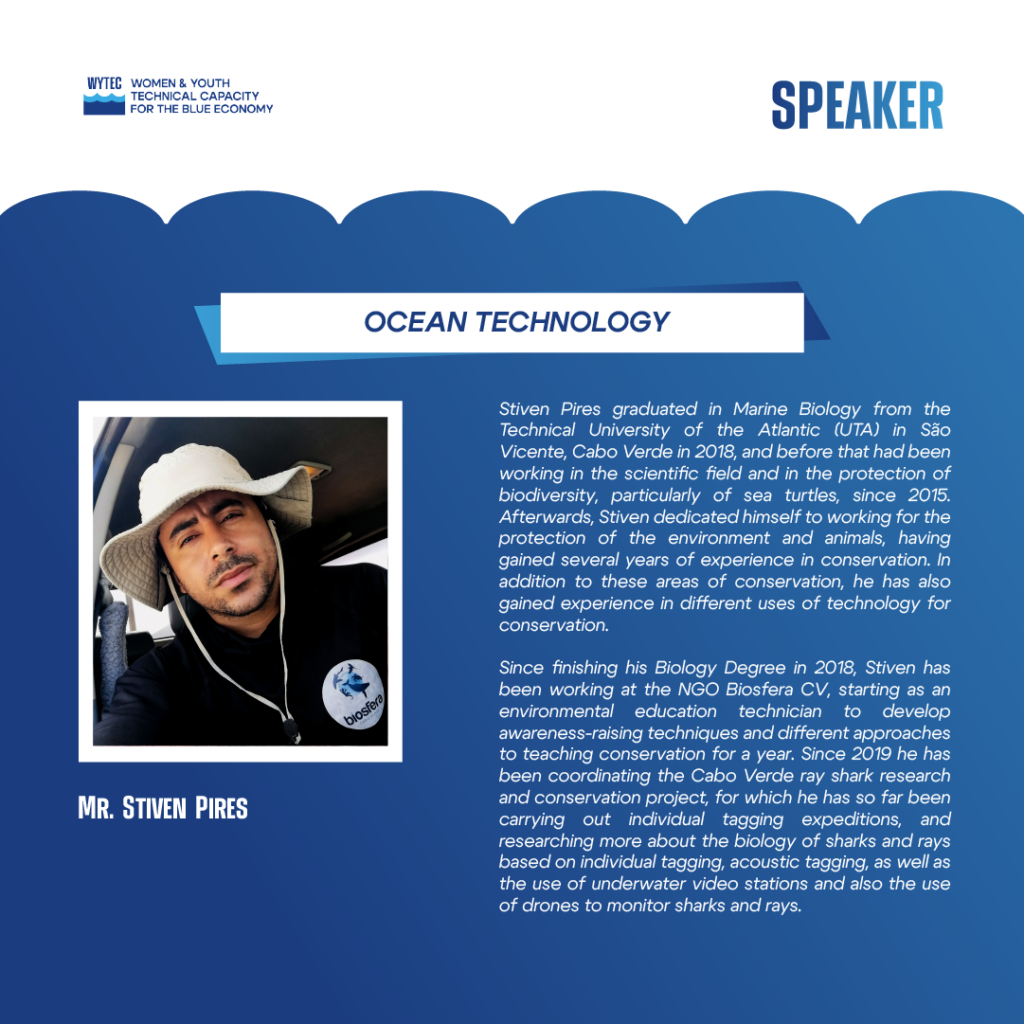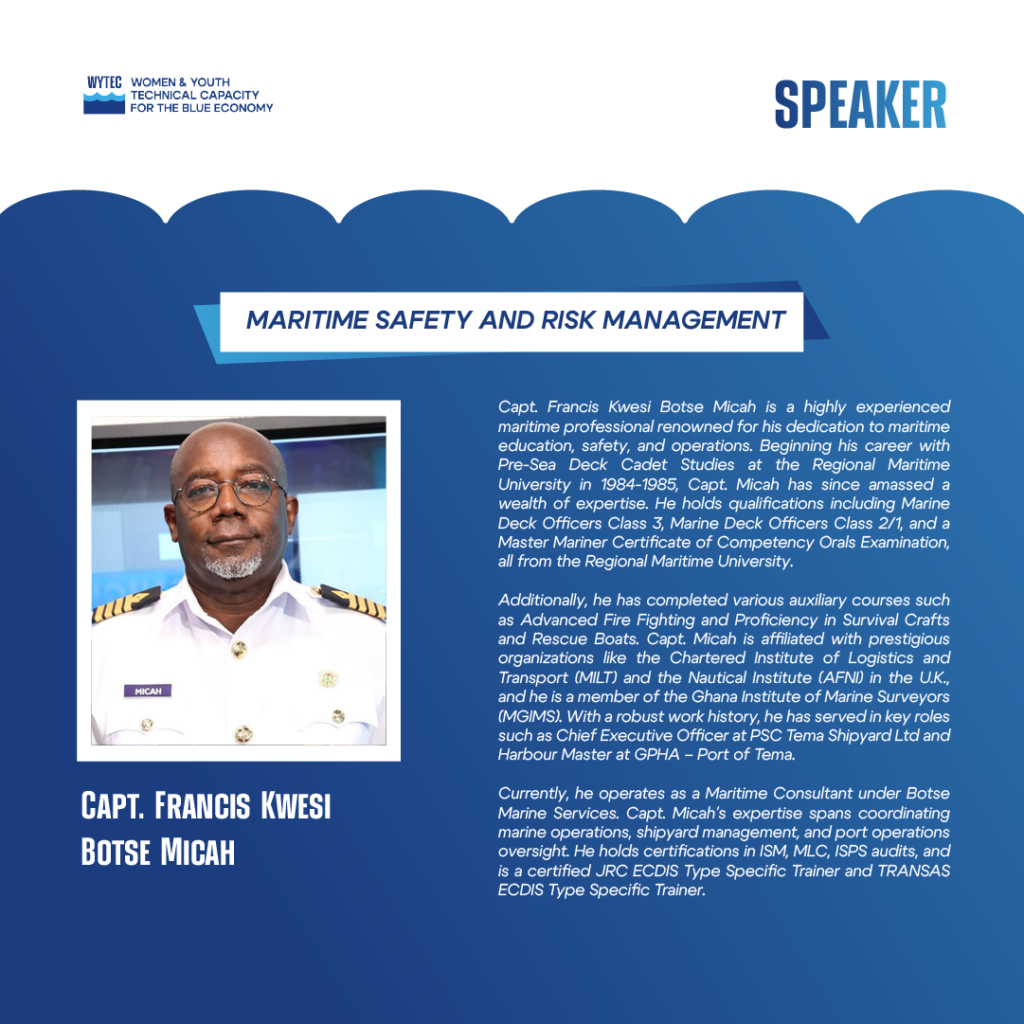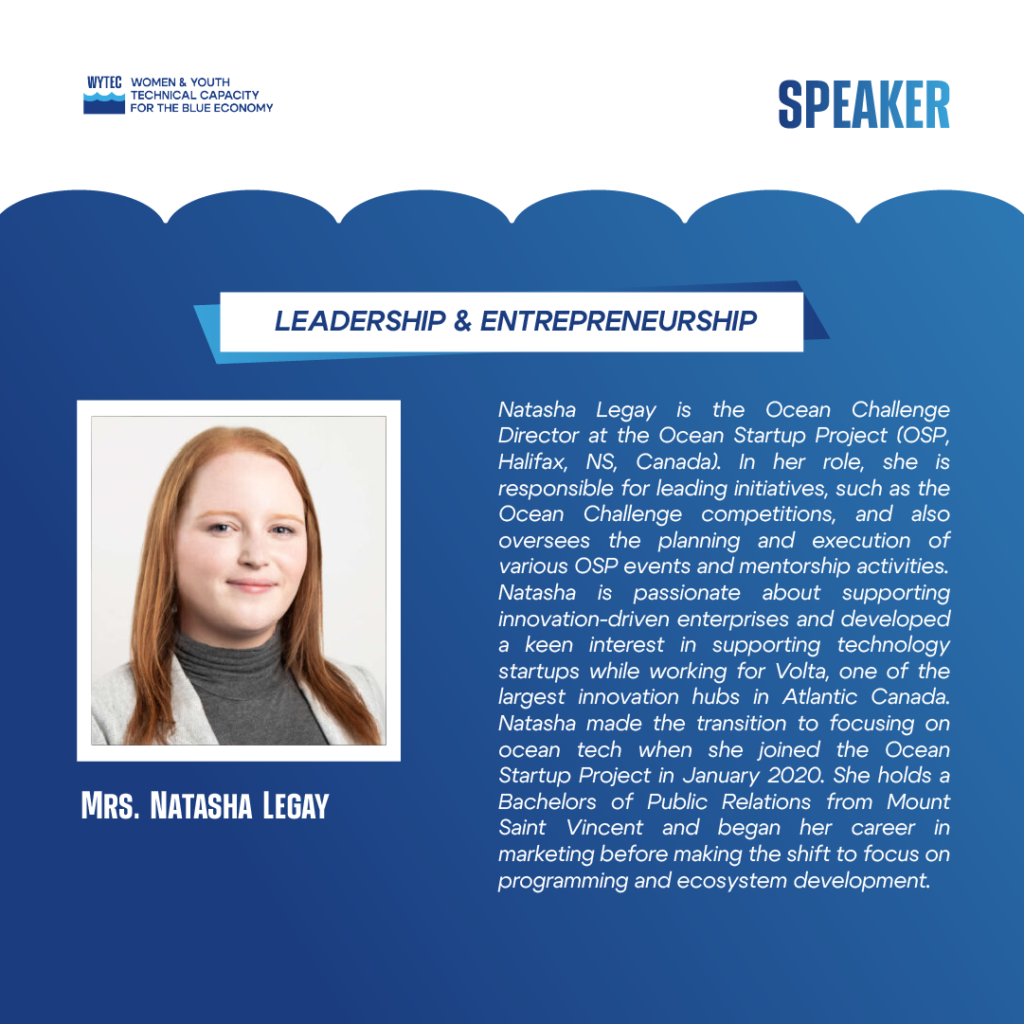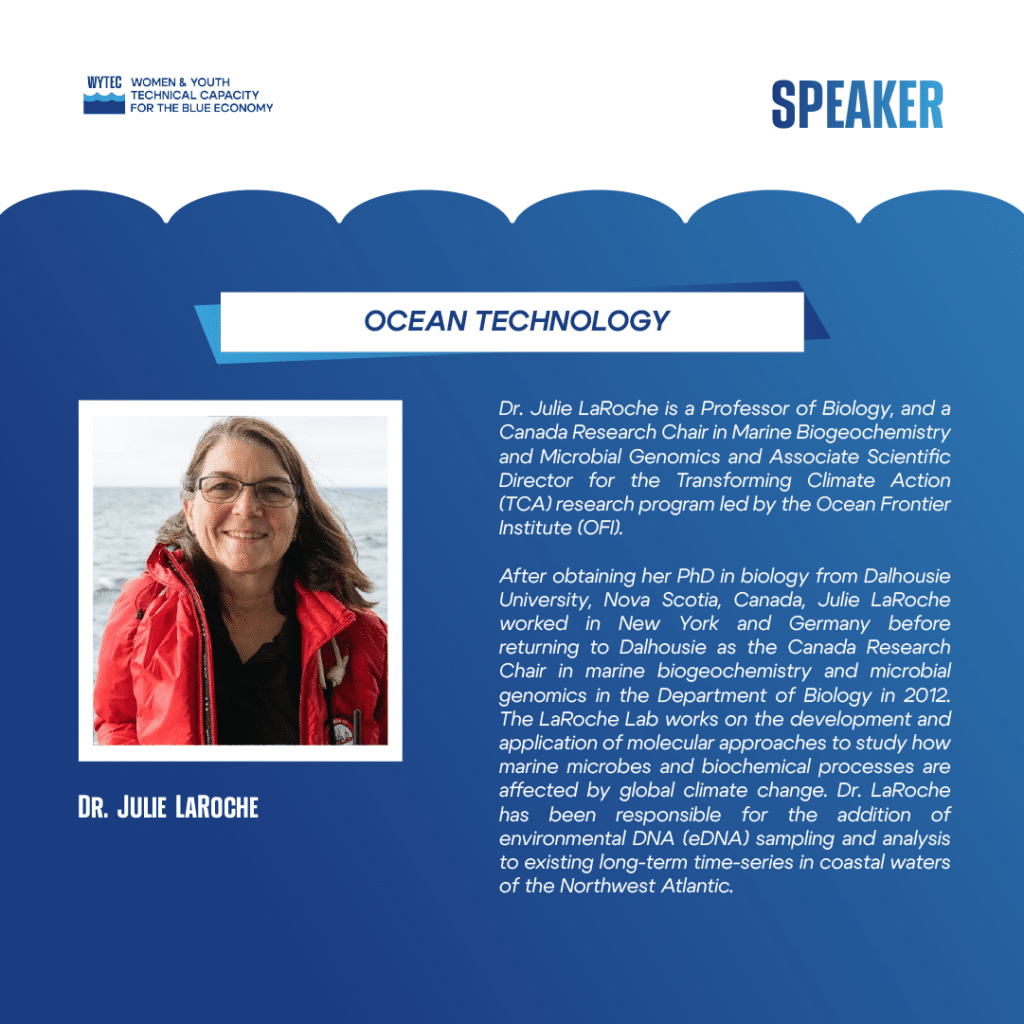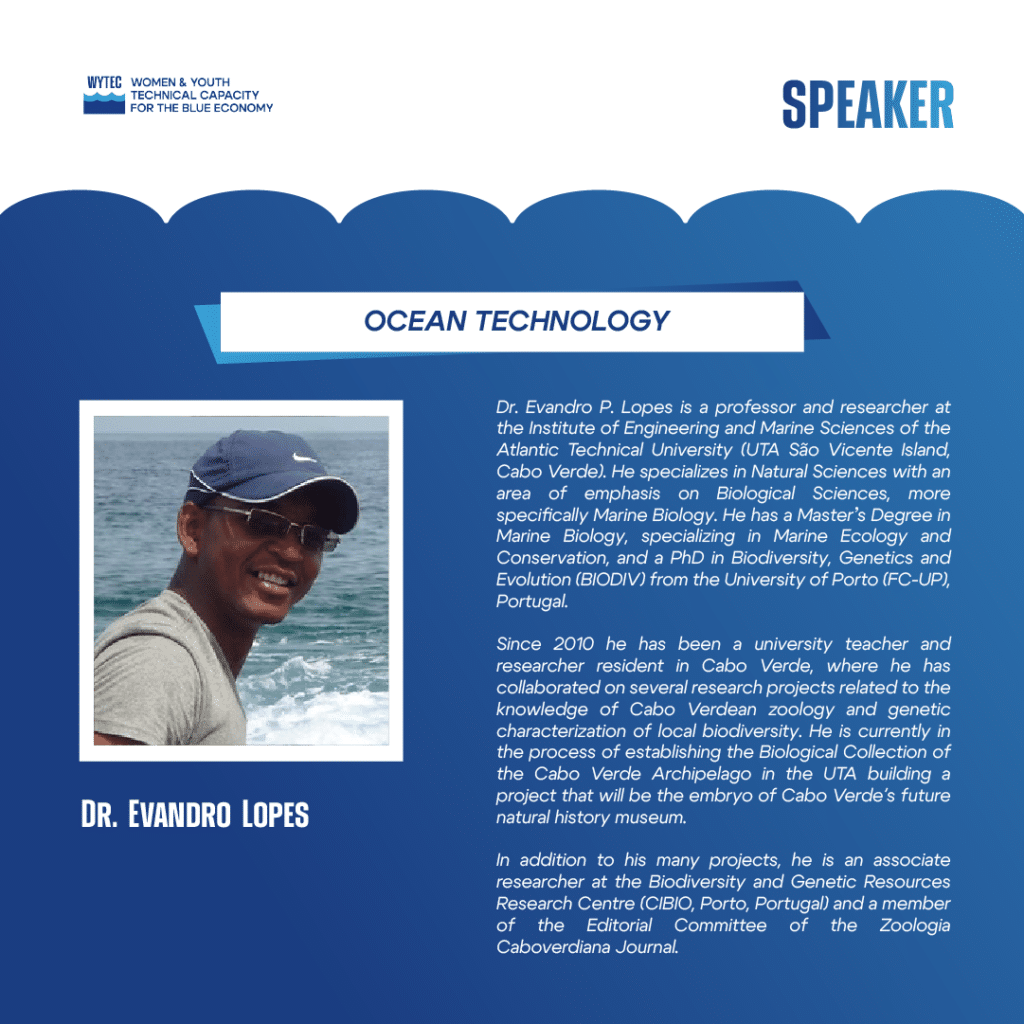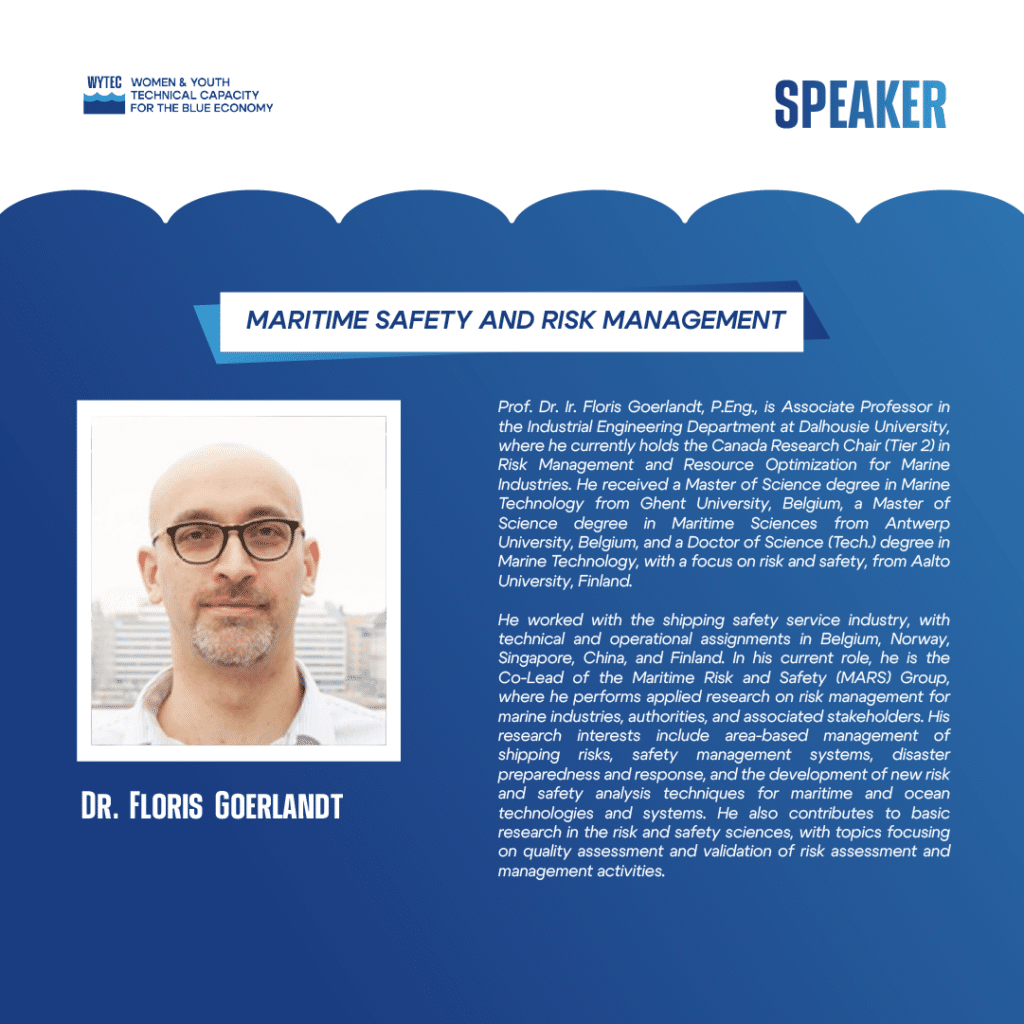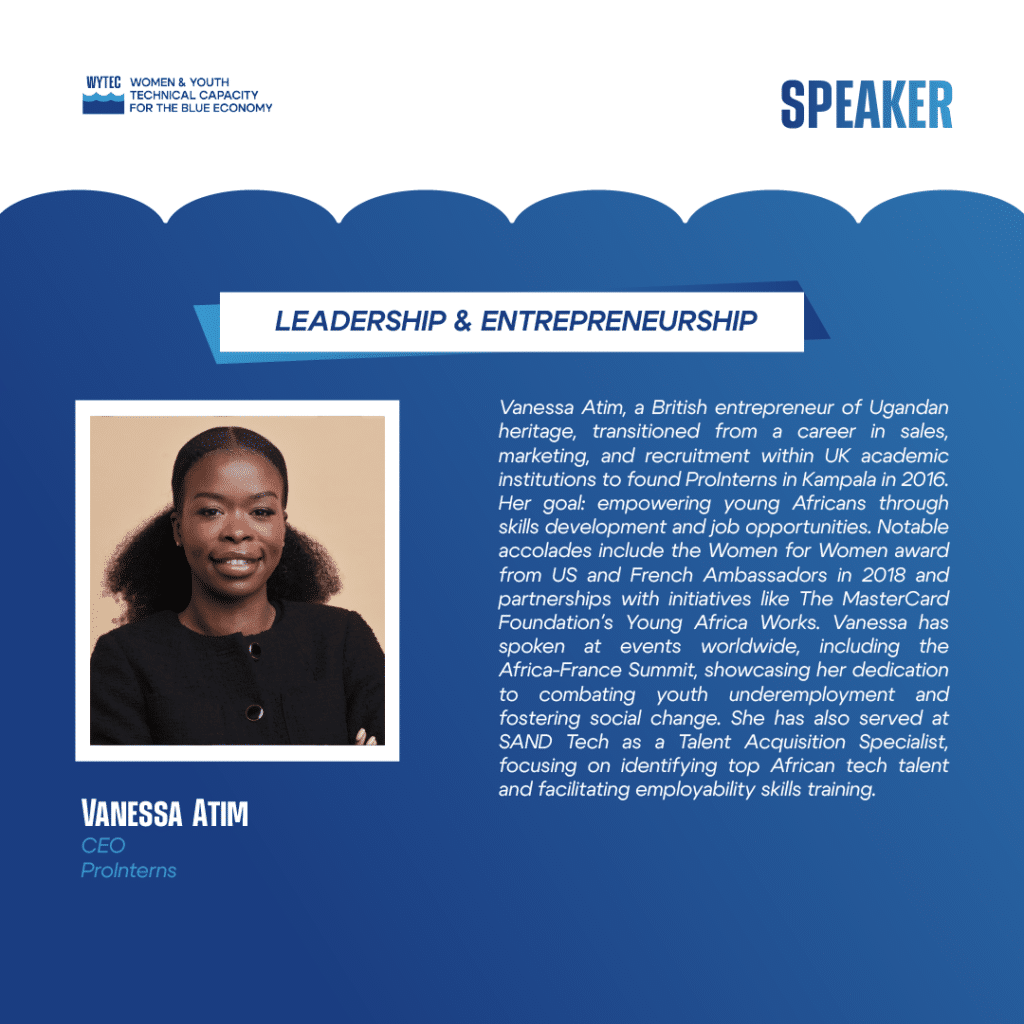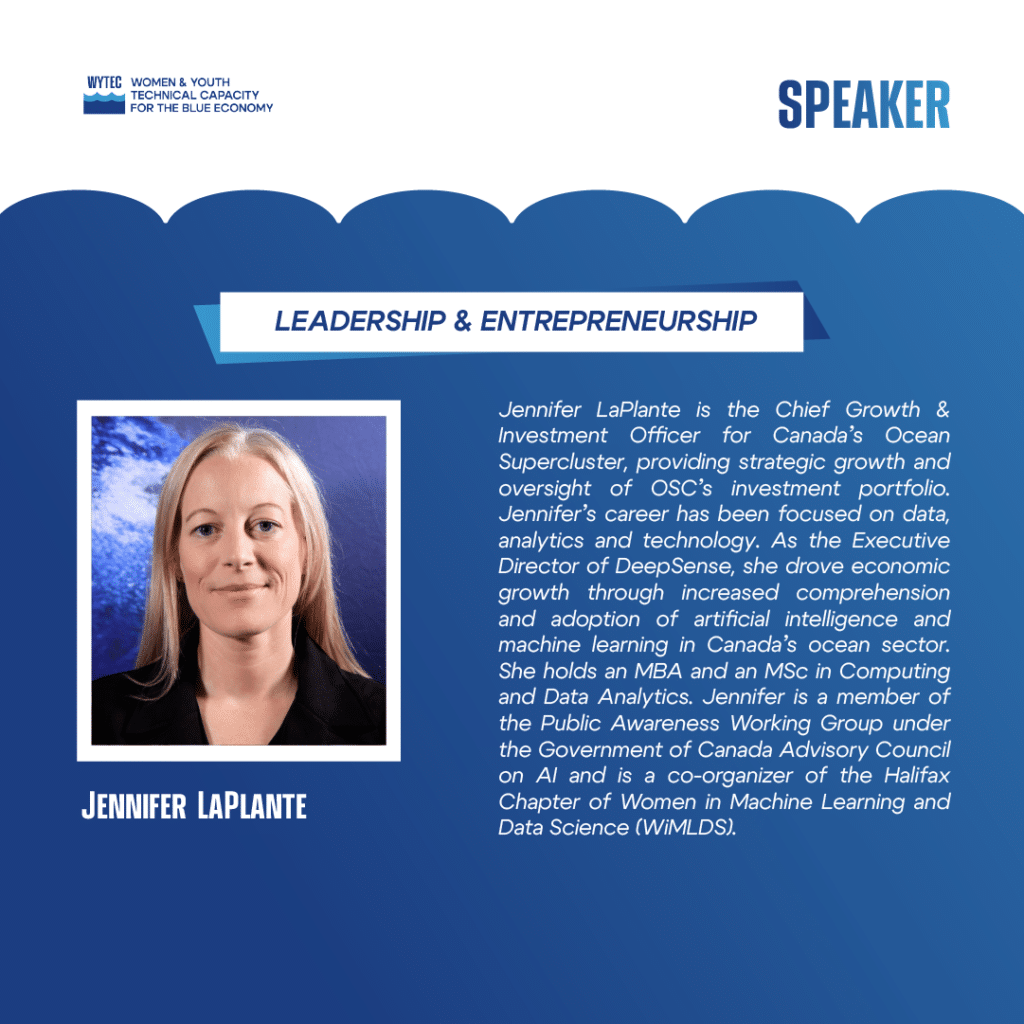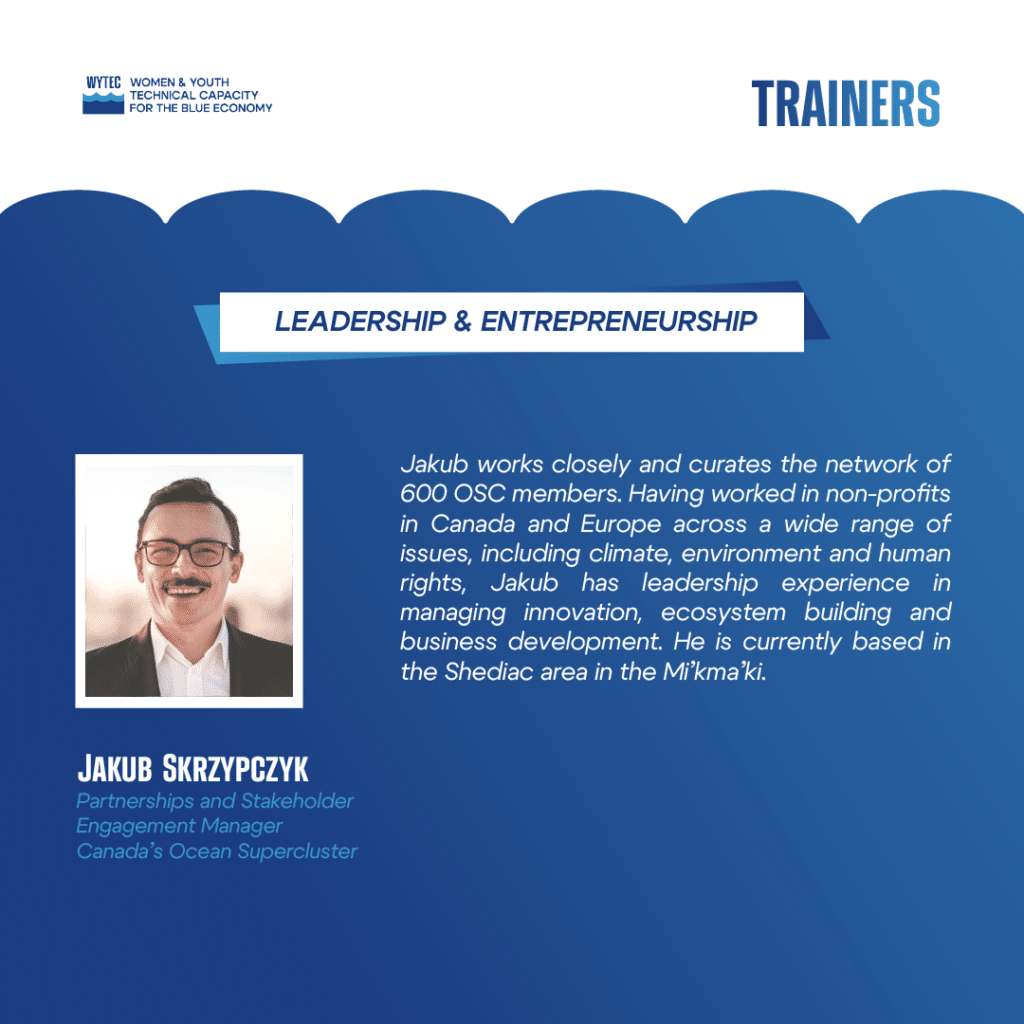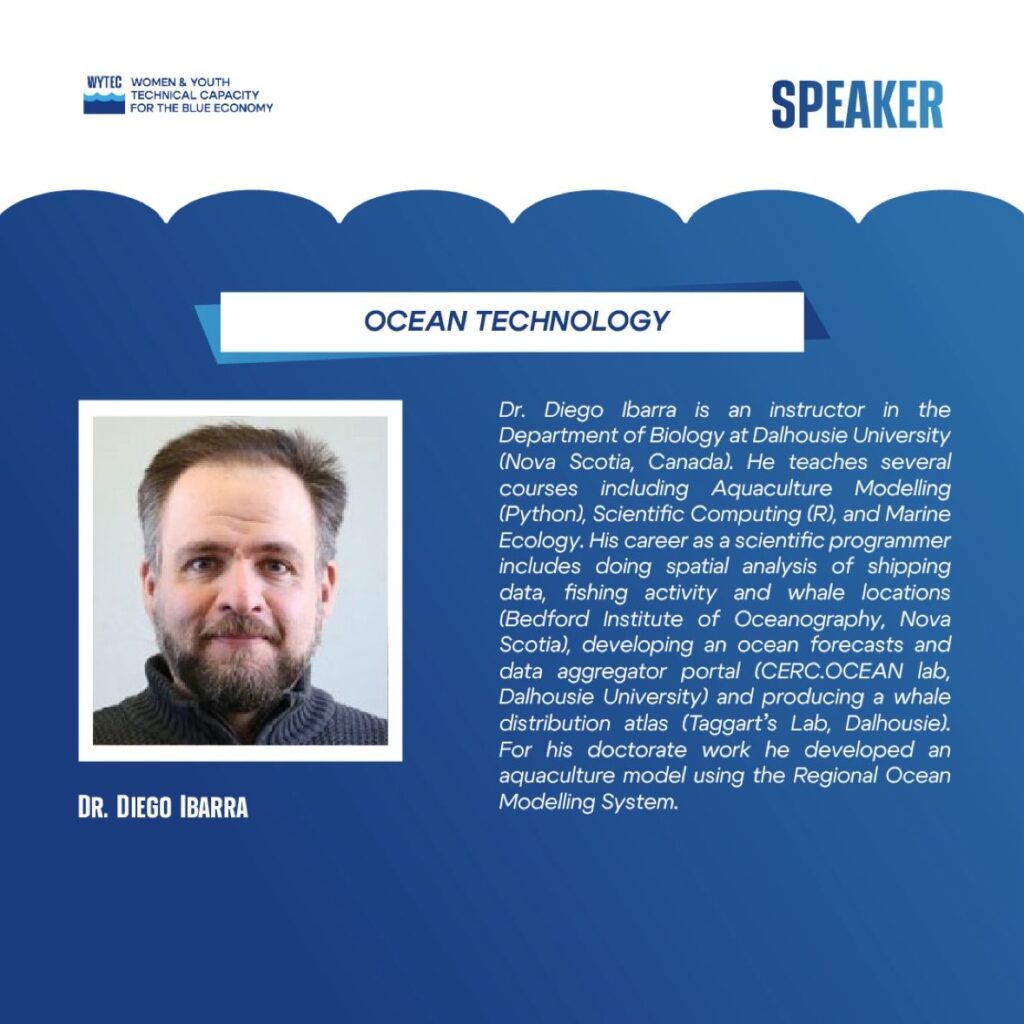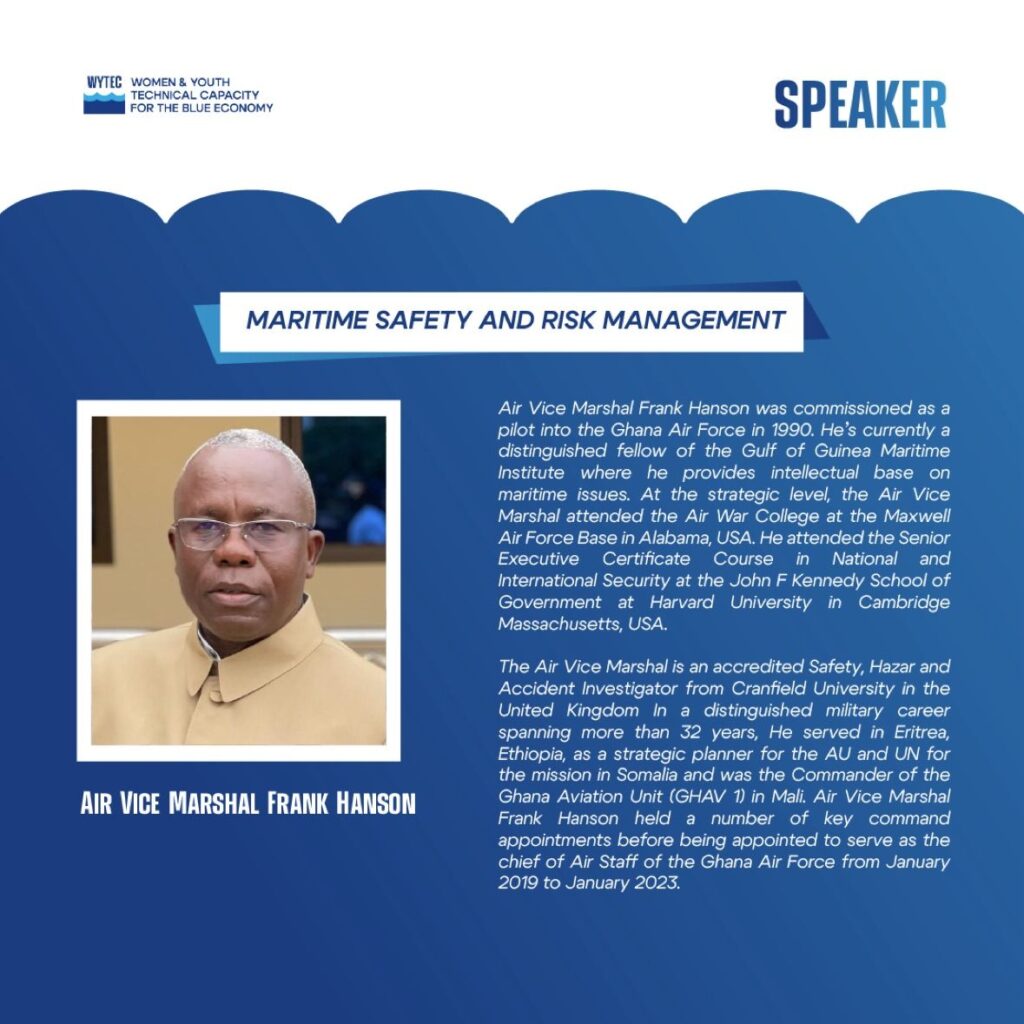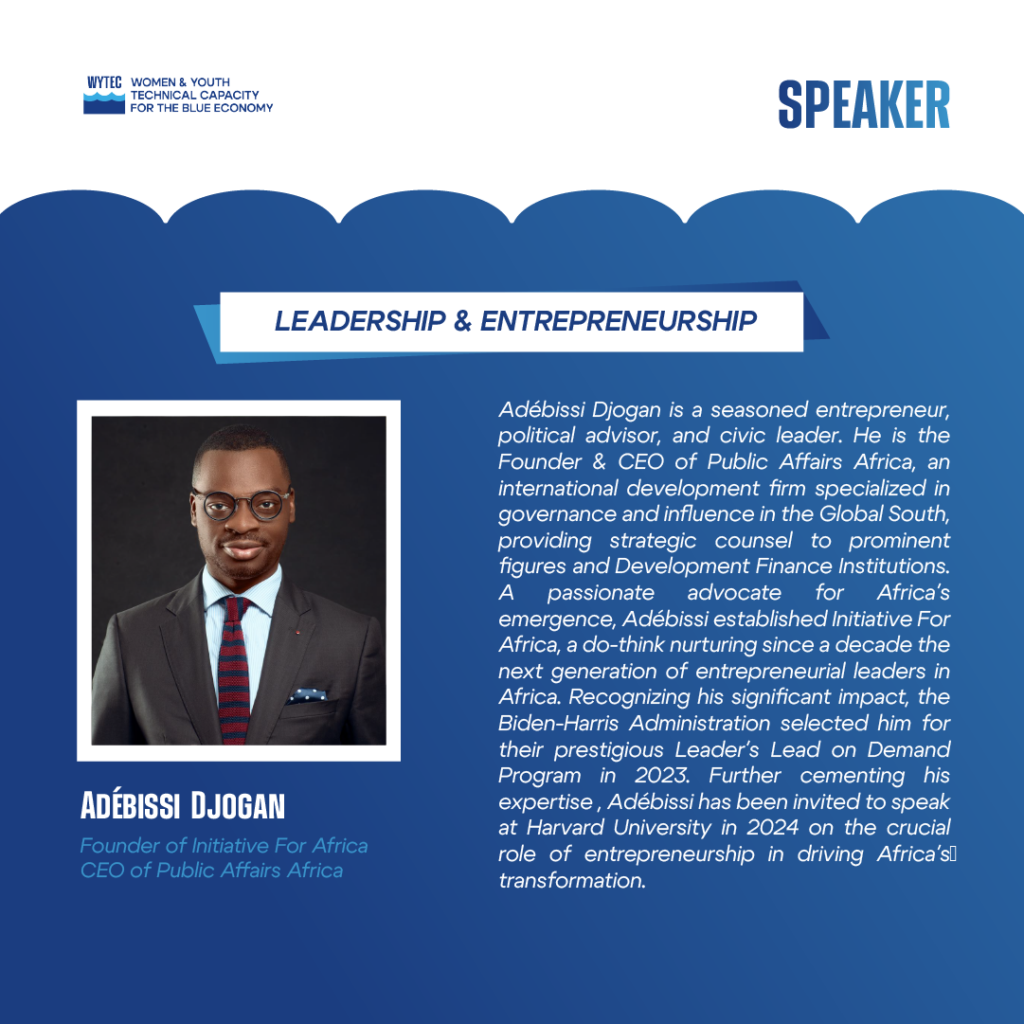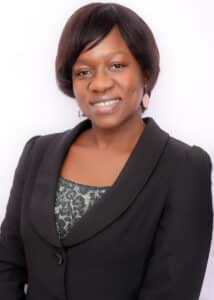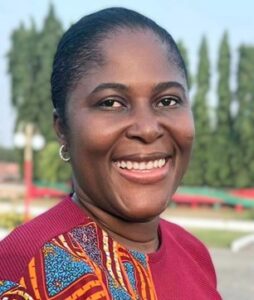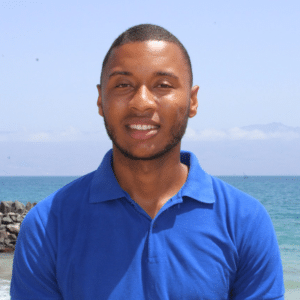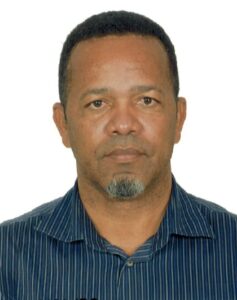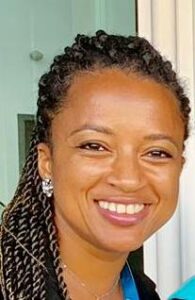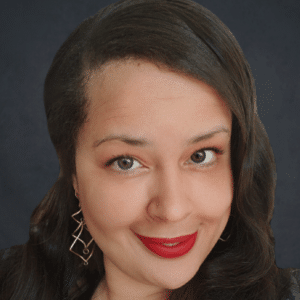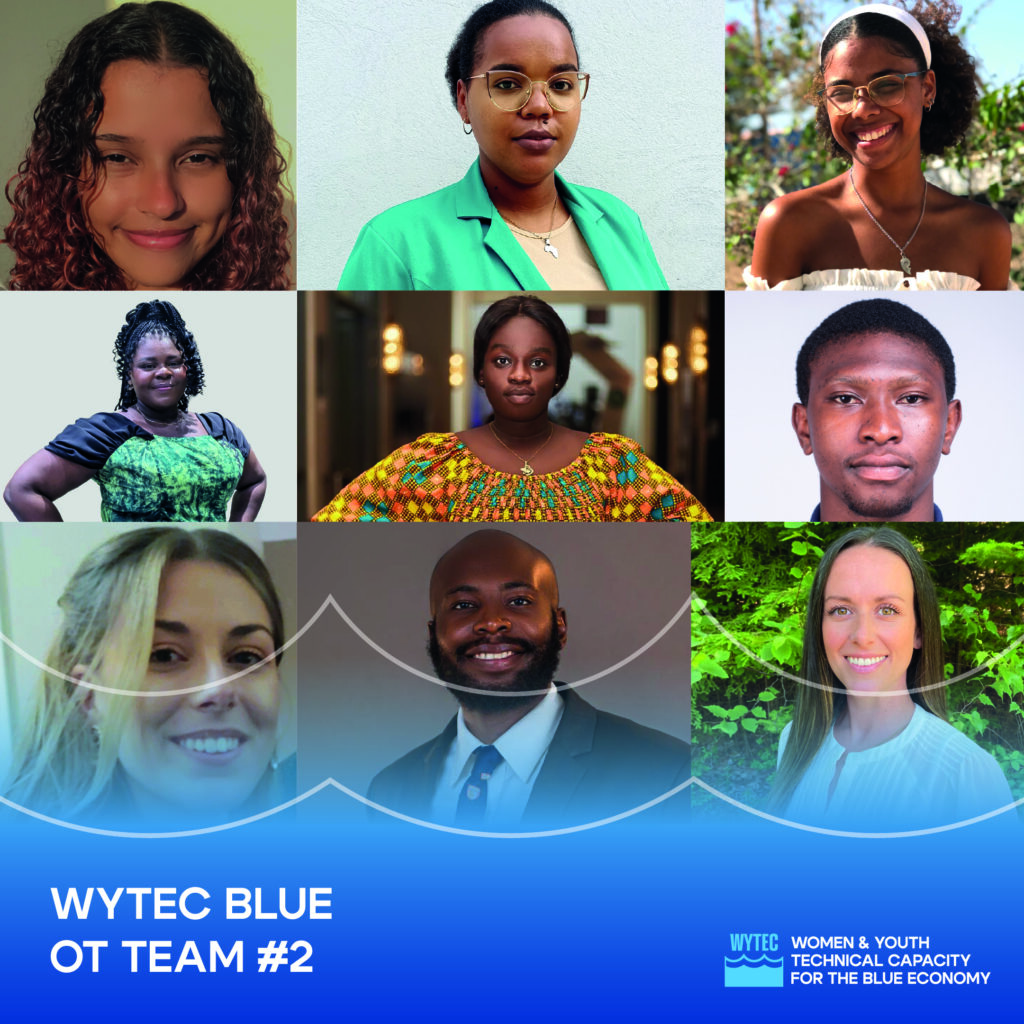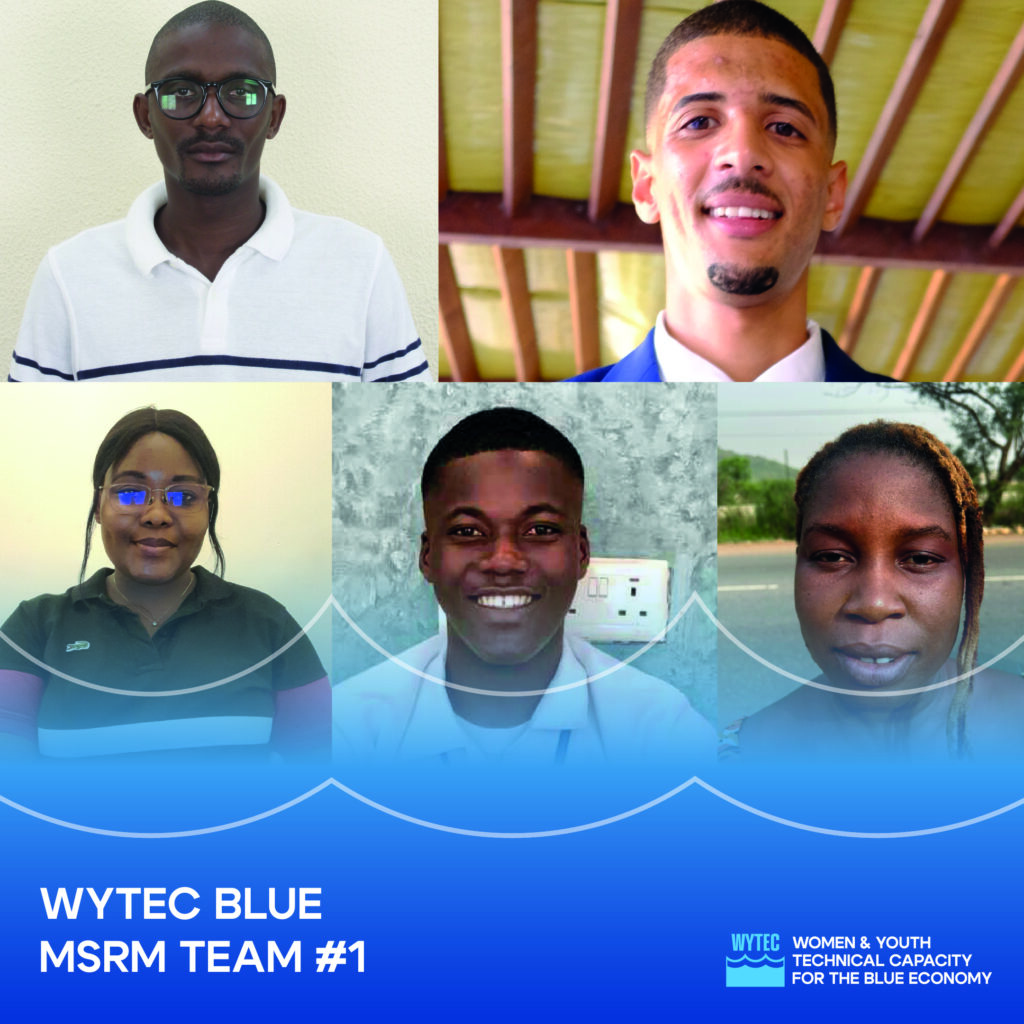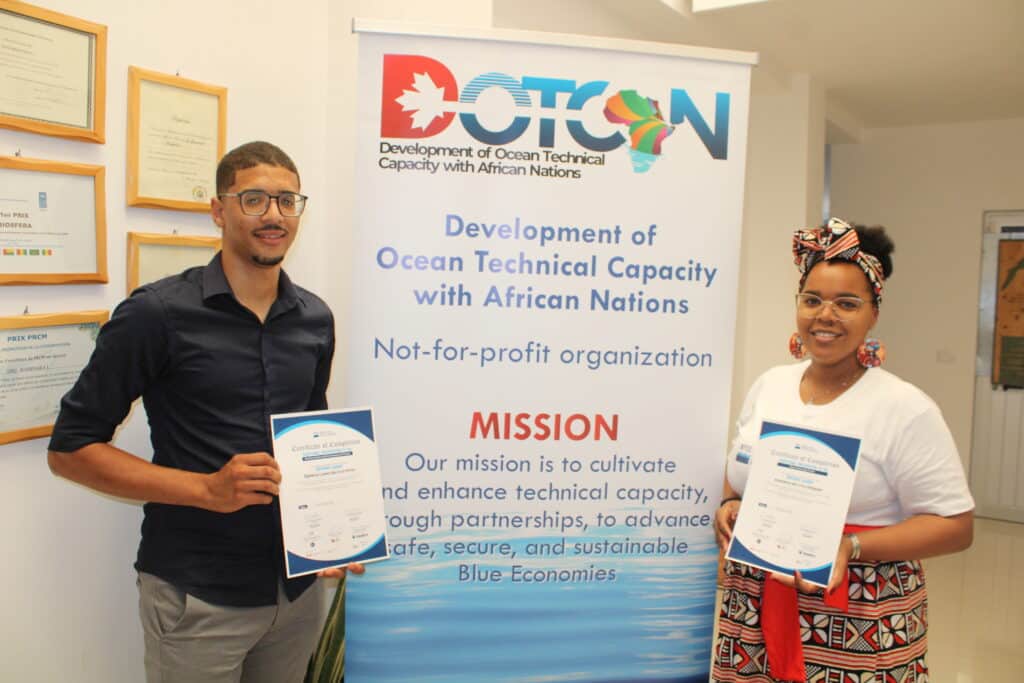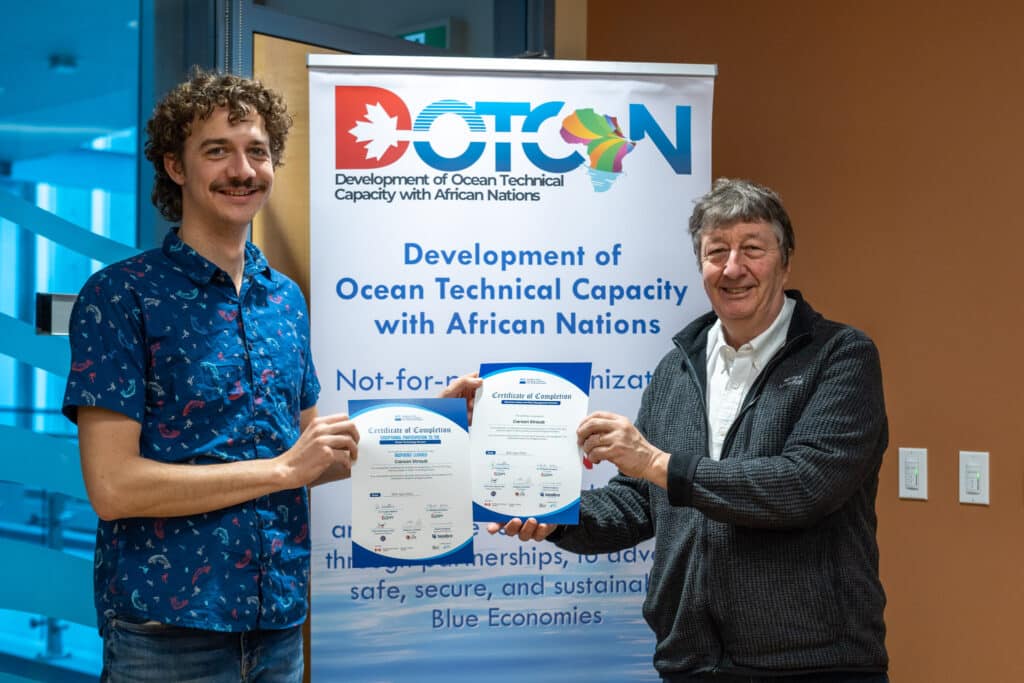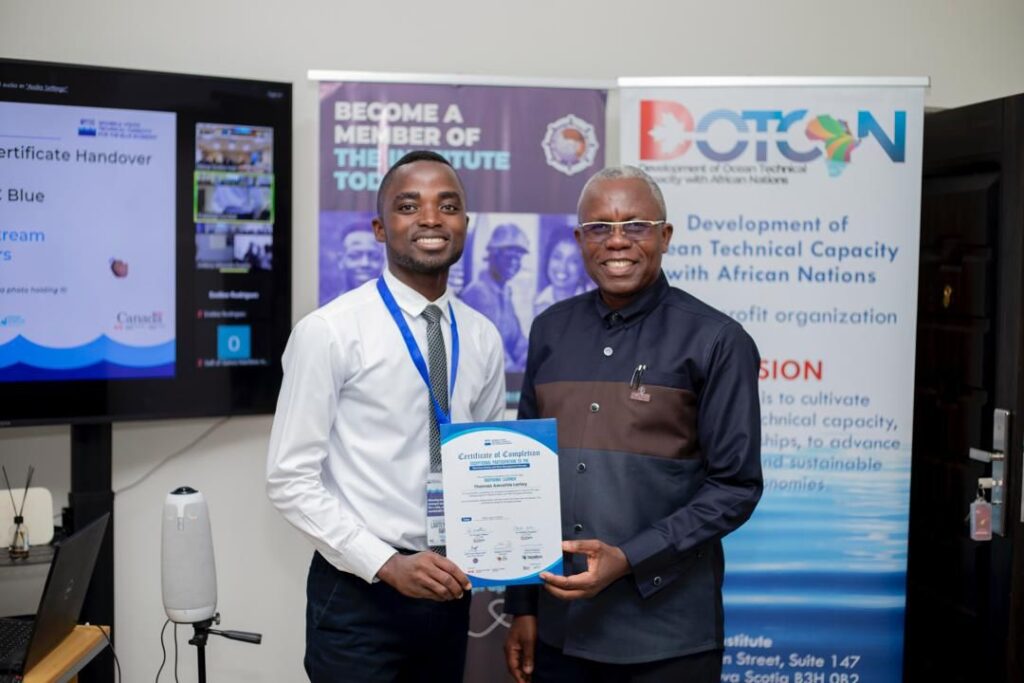WYTEC Blue Training:
First Edition
TRAINING
WYTEC Blue Women & Youth Technical Capacity for the Blue Economy: Growing Technical Capacity amongst Women and Youth in Canada & West Africa for a Safe, Secure and Sustainable Blue Economy
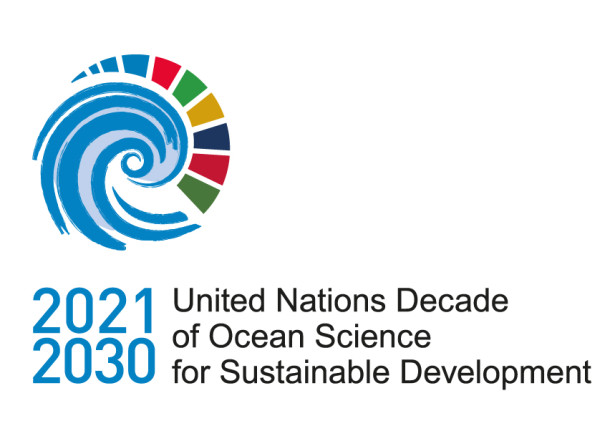
WYTEC BLUE 2024 EDITION WAS COMPLETED IN APRIL 2024
 This Project is partially supported by a financial contribution from Fisheries and Oceans Canada (DFO).
This Project is partially supported by a financial contribution from Fisheries and Oceans Canada (DFO). DOTCAN Institute
Gulf of Guinea Maritime Institute (GoGMI)
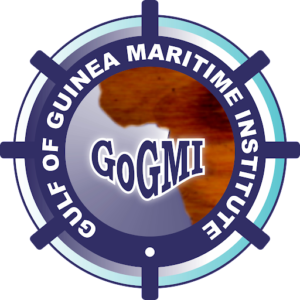 Established in Ghana, the Gulf of Guinea Maritime Institute (GoGMI) is a local non-profit research organization. It constitutes a ‘think-tank’ for maritime strategic thinkers, practitioners and allies to interact, share ideas and research into strategic maritime affairs affecting the Gulf of Guinea (GoG) Region. The Institute’s core business is strategic maritime research, consultancy and advocacy in the areas of safety, security and environment in the Ghanaian and the Gulf of Guinea Maritime space at large. The main objective of GoGMI is to produce recognized research and provide solutions from an indigenous perspective, thereby addressing the current imbalance in the Region’s maritime studies, where local opinion and interests are under-represented.
Established in Ghana, the Gulf of Guinea Maritime Institute (GoGMI) is a local non-profit research organization. It constitutes a ‘think-tank’ for maritime strategic thinkers, practitioners and allies to interact, share ideas and research into strategic maritime affairs affecting the Gulf of Guinea (GoG) Region. The Institute’s core business is strategic maritime research, consultancy and advocacy in the areas of safety, security and environment in the Ghanaian and the Gulf of Guinea Maritime space at large. The main objective of GoGMI is to produce recognized research and provide solutions from an indigenous perspective, thereby addressing the current imbalance in the Region’s maritime studies, where local opinion and interests are under-represented.
Biosfera 1
 In Cabo Verde, Biosfera 1 (Associação Para a Defesa do Meio Ambiente), is a local non-governmental organization based in Mindelo, São Vicente Island, whose mission is to promote the conservation of species of fauna and flora, the rehabilitation of marine and coastal ecosystems, as well as environmental awareness and education and local development.
In Cabo Verde, Biosfera 1 (Associação Para a Defesa do Meio Ambiente), is a local non-governmental organization based in Mindelo, São Vicente Island, whose mission is to promote the conservation of species of fauna and flora, the rehabilitation of marine and coastal ecosystems, as well as environmental awareness and education and local development.
Sustainable Ocean Applied Research (SOAR)
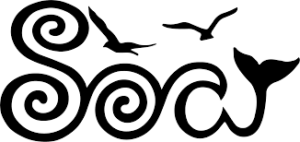 In Nova Scotia, Canada, Sustainable Ocean Applied Research (SOAR), is a local not-for-profit organization which provides services and infrastructure to assist researchers and technology developers with access to the coastal ocean, in order to advance research needed for sustainable industry development, which they do through training and education, integration of ocean technology with tourism, and communication with all relevant stakeholders.
And cutting across the partnering countries
In Nova Scotia, Canada, Sustainable Ocean Applied Research (SOAR), is a local not-for-profit organization which provides services and infrastructure to assist researchers and technology developers with access to the coastal ocean, in order to advance research needed for sustainable industry development, which they do through training and education, integration of ocean technology with tourism, and communication with all relevant stakeholders.
And cutting across the partnering countries
IFA
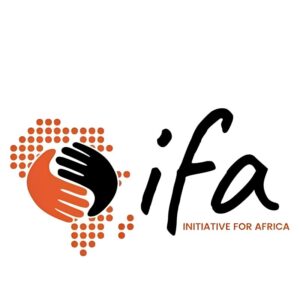 Initiative For Africa (IFA) engages change agents, entrepreneurs, decision-makers and citizens to create bridges of opportunity on the African continent. Through high-quality coaching, inspiration, networking and pre-incubation programs, the organization has already impacted more than 2,500 young Africans. IFA is an incubator without borders for initiatives and projects. The organization draws motivation from the resilience and talent of African youth, from Dakar to Kampala, from Gaborone to Lomé, from Cairo to Kigali. IFA believes in the potential of this generation of possibilities. The organization has optimism in action, doers. IFA’s ambition is unequivocal: to activate talent and turn it into the driving force behind the positive and sustainable transformation of the African continent.
Initiative For Africa (IFA) engages change agents, entrepreneurs, decision-makers and citizens to create bridges of opportunity on the African continent. Through high-quality coaching, inspiration, networking and pre-incubation programs, the organization has already impacted more than 2,500 young Africans. IFA is an incubator without borders for initiatives and projects. The organization draws motivation from the resilience and talent of African youth, from Dakar to Kampala, from Gaborone to Lomé, from Cairo to Kigali. IFA believes in the potential of this generation of possibilities. The organization has optimism in action, doers. IFA’s ambition is unequivocal: to activate talent and turn it into the driving force behind the positive and sustainable transformation of the African continent.
Canada’s Ocean Supercluster

 Canada’s Ocean Supercluster (OSP) inspires, initiates and invests to make Canada the best place in the world to start and grow an ocean tech business. The project team creates and delivers activities to support ideation through commercialization, for innovators and entrepreneurs from industry to academia. As a co-funded, pan-Atlantic collaboration, the OSP offerings complement existing industry accelerators, incubators and other support organizations across Canada’s world-class innovation ecosystem. Together with its founding partners – Creative Destruction Lab (CDL), Genesis, Innovacorp, New Brunswick Innovation Foundation, PEI BioAlliance and Springboard Atlantic – OSP seeks to accelerate how homegrown startups get their technologies to market and attract international companies to Canada’s shores. OSP was the first Innovation Ecosystem Project announced by Canada’s Ocean Supercluster. The Ocean Supercluster is an industry-led collaboration involving more than 320 industry and associate members, from organizations and companies of all sizes. With investments from across the country and linkages to international partners and Indigenous communities, Canada’s Ocean Supercluster builds and funds large projects to heighten Canada’s existing strengths, experience and knowledge, and open new opportunities.
Canada’s Ocean Supercluster (OSP) inspires, initiates and invests to make Canada the best place in the world to start and grow an ocean tech business. The project team creates and delivers activities to support ideation through commercialization, for innovators and entrepreneurs from industry to academia. As a co-funded, pan-Atlantic collaboration, the OSP offerings complement existing industry accelerators, incubators and other support organizations across Canada’s world-class innovation ecosystem. Together with its founding partners – Creative Destruction Lab (CDL), Genesis, Innovacorp, New Brunswick Innovation Foundation, PEI BioAlliance and Springboard Atlantic – OSP seeks to accelerate how homegrown startups get their technologies to market and attract international companies to Canada’s shores. OSP was the first Innovation Ecosystem Project announced by Canada’s Ocean Supercluster. The Ocean Supercluster is an industry-led collaboration involving more than 320 industry and associate members, from organizations and companies of all sizes. With investments from across the country and linkages to international partners and Indigenous communities, Canada’s Ocean Supercluster builds and funds large projects to heighten Canada’s existing strengths, experience and knowledge, and open new opportunities. Training Components:
- Stream 1/2: Ocean Technology (OT) highlights:
Introduction to Ocean Technology, Ocean Sensors, Sustainable Aquaculture farming, Biological Data Collection for Monitoring and Conservation, Coding and Data Management.
- Stream 2/2: Maritime Safety and Risk Management (MSRM) highlights:
Maritime Safety and Security, Maritime Domain Awareness, Maritime Operations and Management, Safety and Risk Management
- Shared Leadership and Entrepreneurship (L&E) module highlights
Introduction to Business & Entrepreneurship in the Blue Economy, Market Analysis and Opportunity Identification, Innovation and Product Development, Commercialization and Marketing, Funding and Investment Strategies
Course Delivery: January to March. Exact dates will be communicated soon.
Duration: 9 weeks
Locations: Nova Scotia (Canada), Accra (Ghana) and Mindelo (Cabo Verde). Exact location will be communicated to selected participants.
Format of the course delivery: Experts will deliver the courses through an online platform simultaneously in the three locations of the course. Participants will be required to gather at one of the 3 hub locations to attend the course in person.
The All-Atlantic Ocean Research and Innovation Alliance (AAORIA) is an ongoing cooperative ocean science effort which involves countries and organizations from across the Atlantic Ocean basin. AAORIA partners and supporters gather annually at the All-Atlantic Forum to share accomplishments, ongoing activities, and discuss future ocean research initiatives which can advance the shared objective of outcome-oriented science and innovation regarding the Atlantic Ocean.
Fisheries and Oceans Canada (DFO), the European Commission, and the OKEANO CSA hosted the 2024 annual AAORIA Forum from October 8 to 10, 2024, at the Canadian Museum of Nature in Ottawa, Canada. With a financial contribution from DFO in support of the continuing WYTEC Blue program and from close collaborators of DOTCAN, namely the Marine Environmental Observation Prediction & Response network (MEOPAR), DOTCAN was able to sponsor four Inspiring Learners of the inaugural WYTEC Blue training from Ghana, Cabo Verde and Nova Scotia to attend this major international event. This annual Forum brought together representatives from the Atlantic community, including AAORIA Partners (i.e. Argentina, Brazil, Canada, Cabo Verde, the European Union, Iceland, Morocco, Norway, South Africa, the United Kingdom and the United States).
The WYTEC Blue Early Career Ocean Professionals (ECOPs) traveled to Canada and brilliantly participated in many workshop discussions but more importantly in the Intergenerational Dialogue which was a central component of the 2024 AAORIA Forum aimed to facilitate exchange between ECOPs and senior ocean professionals and policymakers in the Atlantic community, promote collaboration to leverage collective action in the identified Areas of Action, and empower ECOPs as leaders. Over 30 ECOPs participants from across the Atlantic worked in groups, in dialogue with senior discussion coaches, to brainstorm and co-design ideas for collaborative action towards All-Atlantic priority areas, and delivered pitch presentations to the Forum attendees. These proposals were formalized in six policy briefs that will be delivered to the attention of the AAORIA High Level Board as a follow-up to the Forum.
The 2024 Forum highlighted opportunities for collaborative science including a focus on coordinating efforts on ocean observation and increasing our understanding of the relationship between ocean and climate to support coastal resilience.
Attendance at the AAORIA Forum was the first opportunity to visit Canada for the three West African WYTEC Blue trainees, and the first opportunity for travel outside of their home country for one of them. For the Canadian participant, it was an opportunity to connect, in-person, with peers from Ghana and Cabo Verde with whom he had interacted for several weeks online. These personal connections across national boundaries are essential for professional and global perspective development, collaboration, innovation and networking.
The testimony from participants is why we are confident that this forum attendance had a strong impact on their personal and professional perspectives, not only concerning ocean-related challenges and opportunities, but also concerning the importance of international collaboration, networking and friendship building. We expect this will have a positive impact on their professional development and expand the role they can play not only in their local communities and home countries, but also within their regions and way beyond, while contributing to building trans-Atlantic connections.
- Opening Ceremony
- Week 1
- Week 2
- Week 3
- Week 4
- Week 5
- Week 6
- Week 7
- Week 8
- WYTEC Blue Closing
WYTEC Blue Group Integrated Research Project: Evaluation of Group Presentations
Ocean Technology stream, 3 project teams:
OT TEAM #1
- Empowering Communities to Contribute Sustainably to the Blue Economy
- Solution approach: Educational
OT TEAM #2
- DatOn – Remote Data Collection App
- Solution approach: Entrepreneurial
OT TEAM #3
- An Alternative and More Sustainable Source of Feed for Farmed Fish
- Solution approach: Applied Research
Maritime Safety and Risk Management stream, 3 project teams:
MSRM Team #1:
- Empowering Fishermen and Fisheries Control Agency Against IUU Fishing
- Solution approach: Educational
MSRM Team #2:
- Analyzing Plastic Capture Systems To Reduce Marine Pollution
- Solution approach: Applied Research
MSRM Team #3:
- The socio-economic impacts of maritime security policies on coastal communities
- Solution approach: Applied Research
Easter Weekend 2024.

